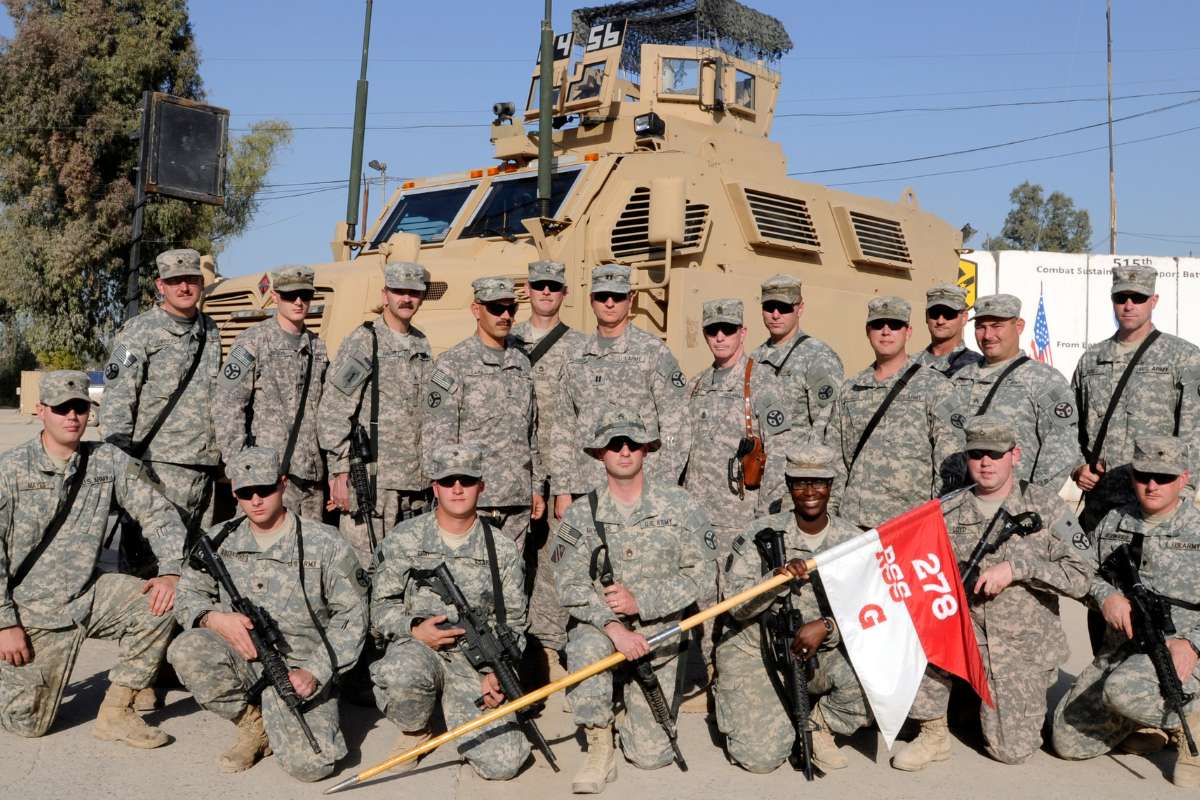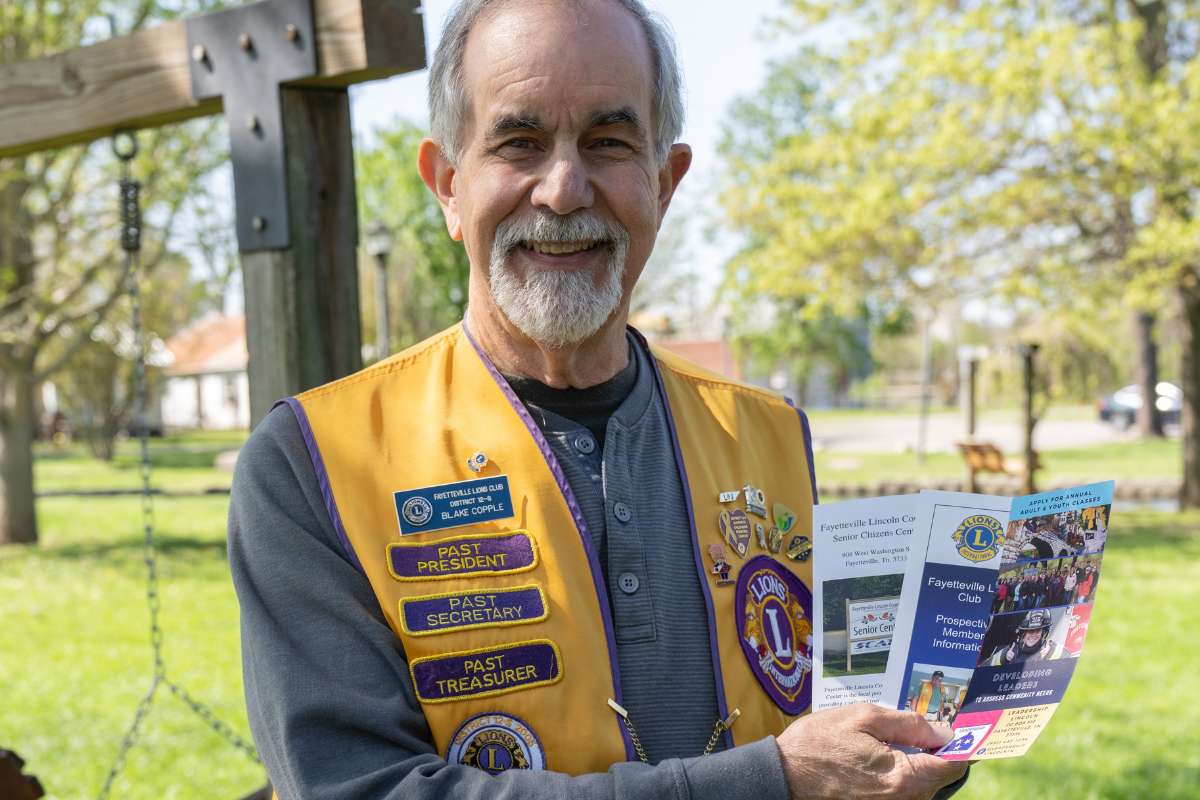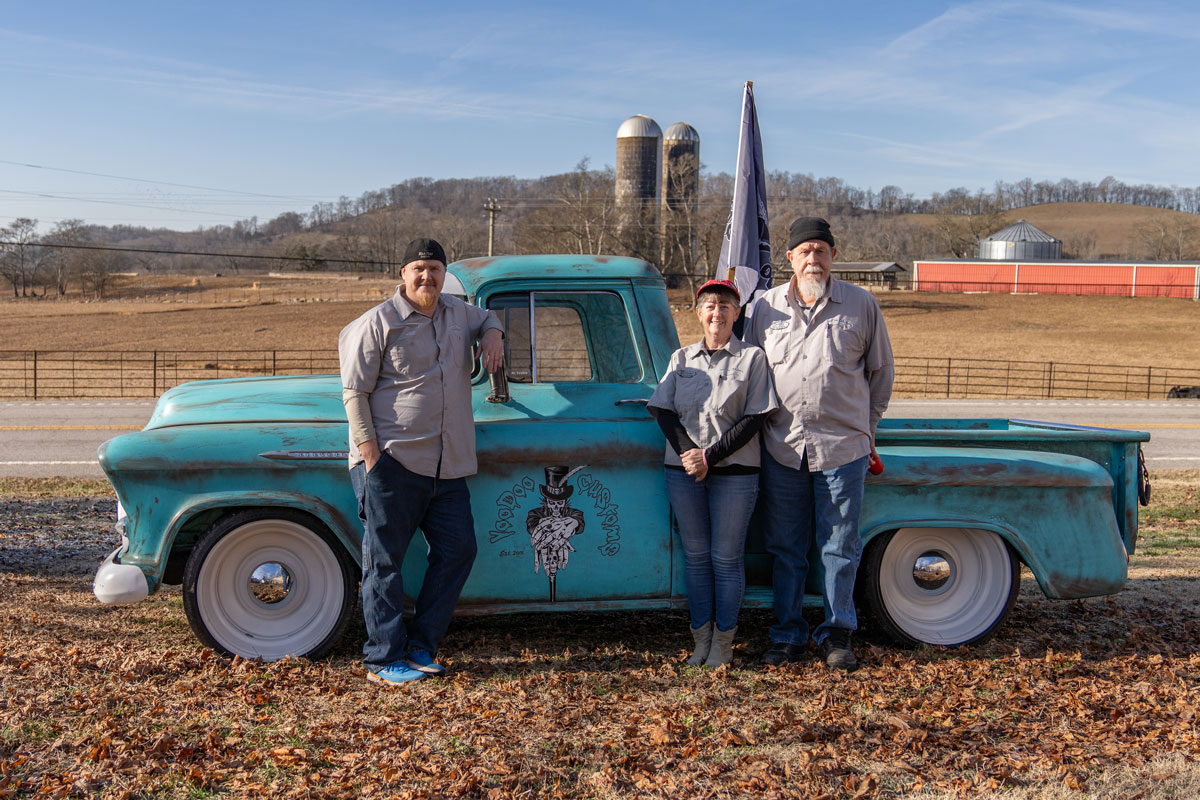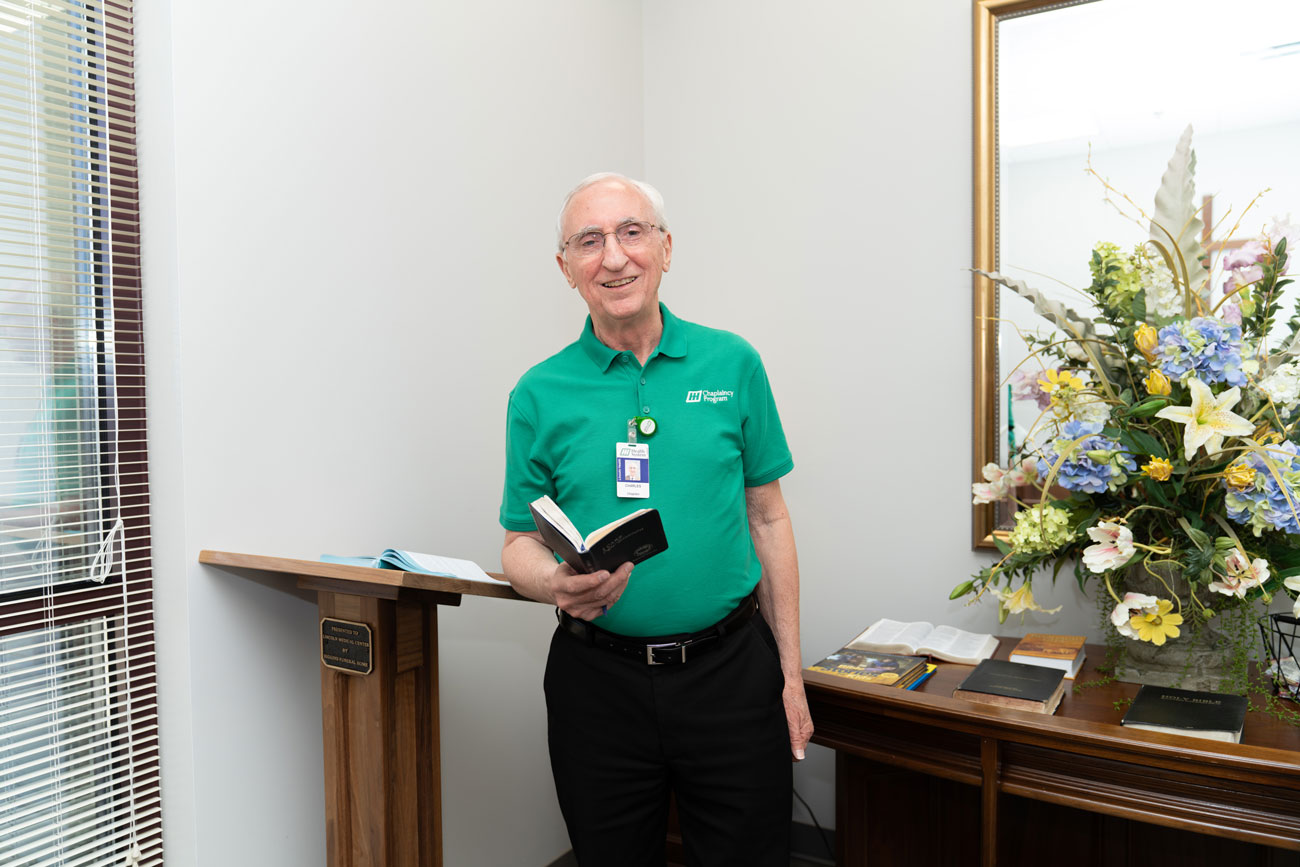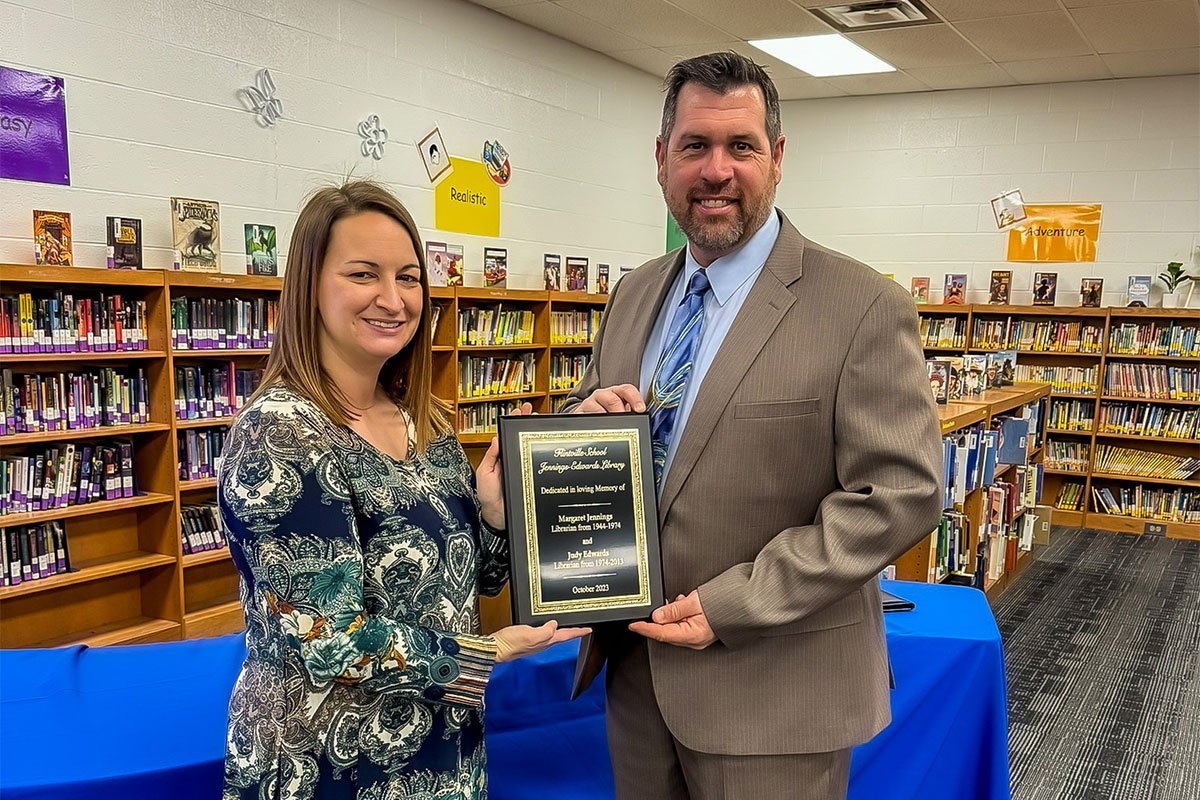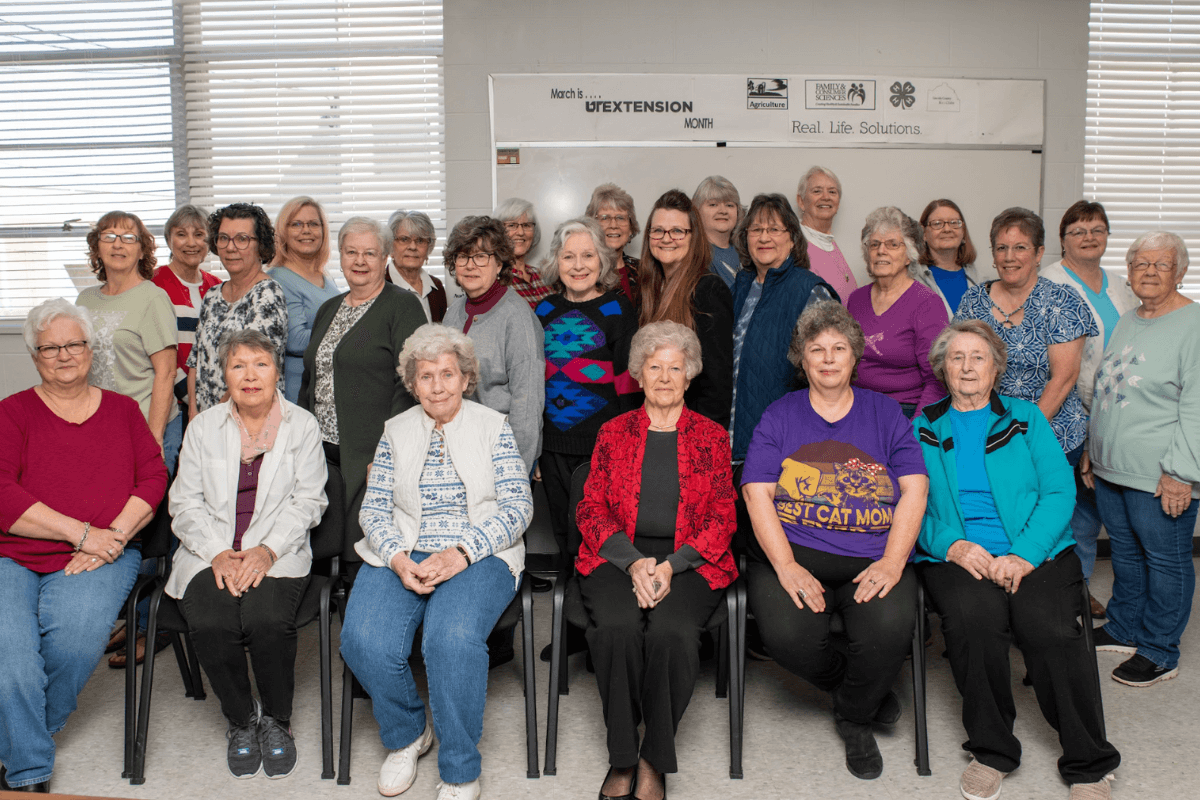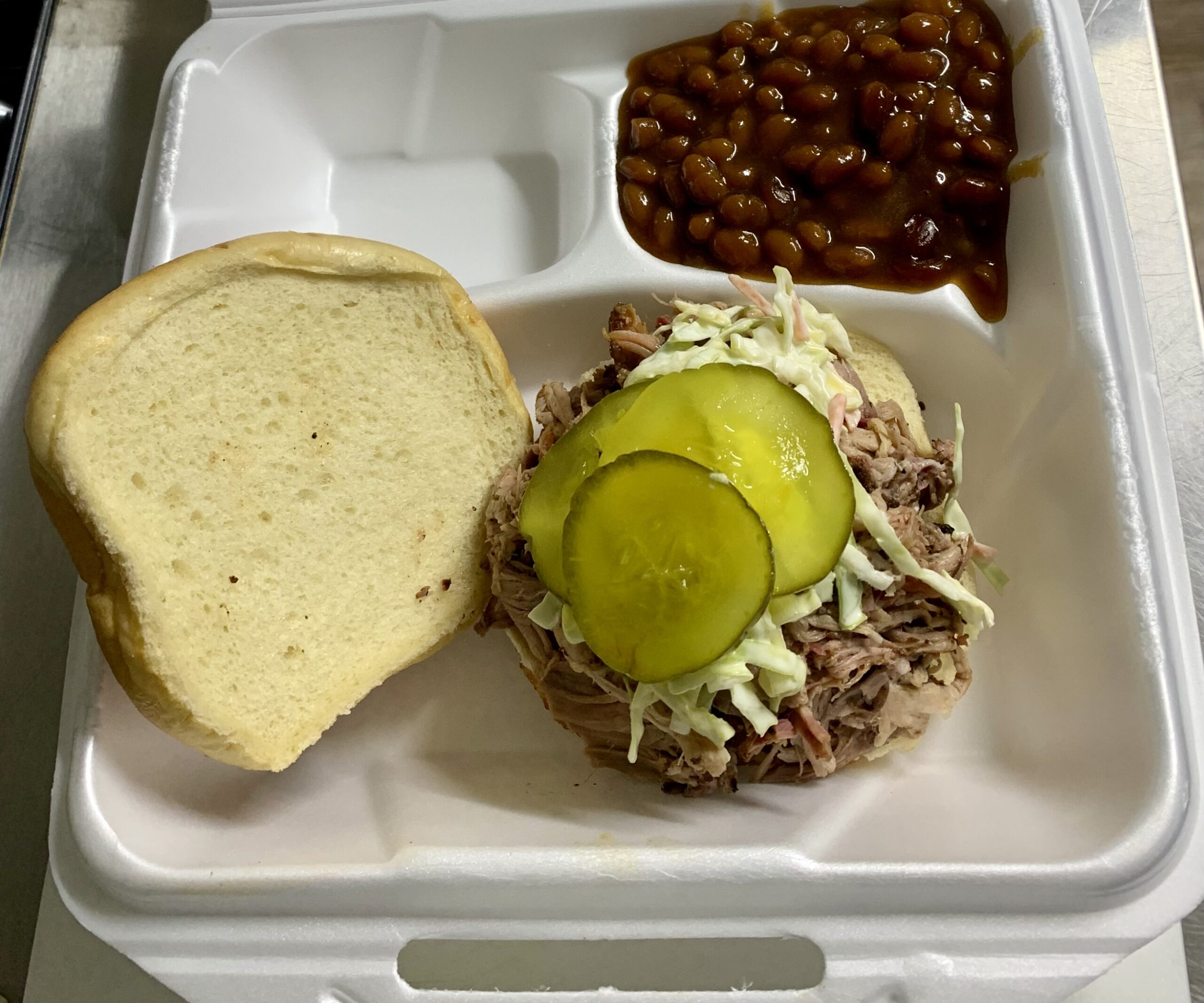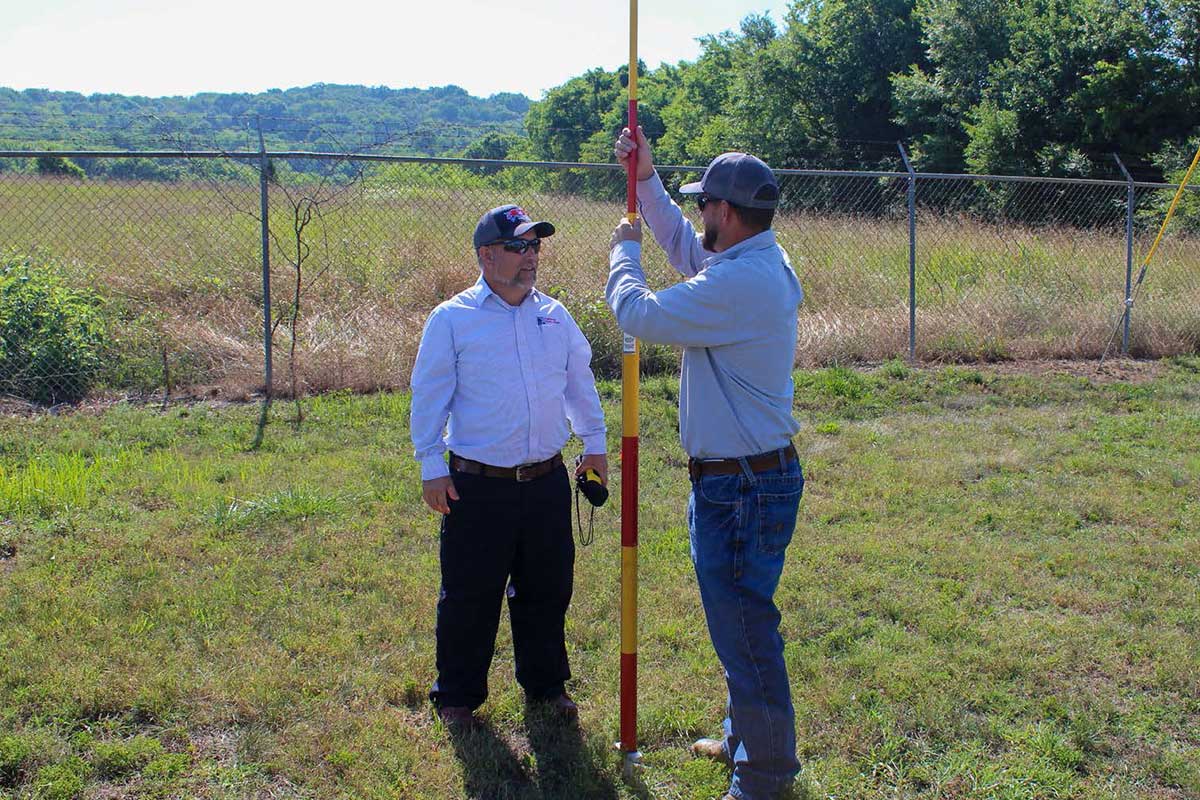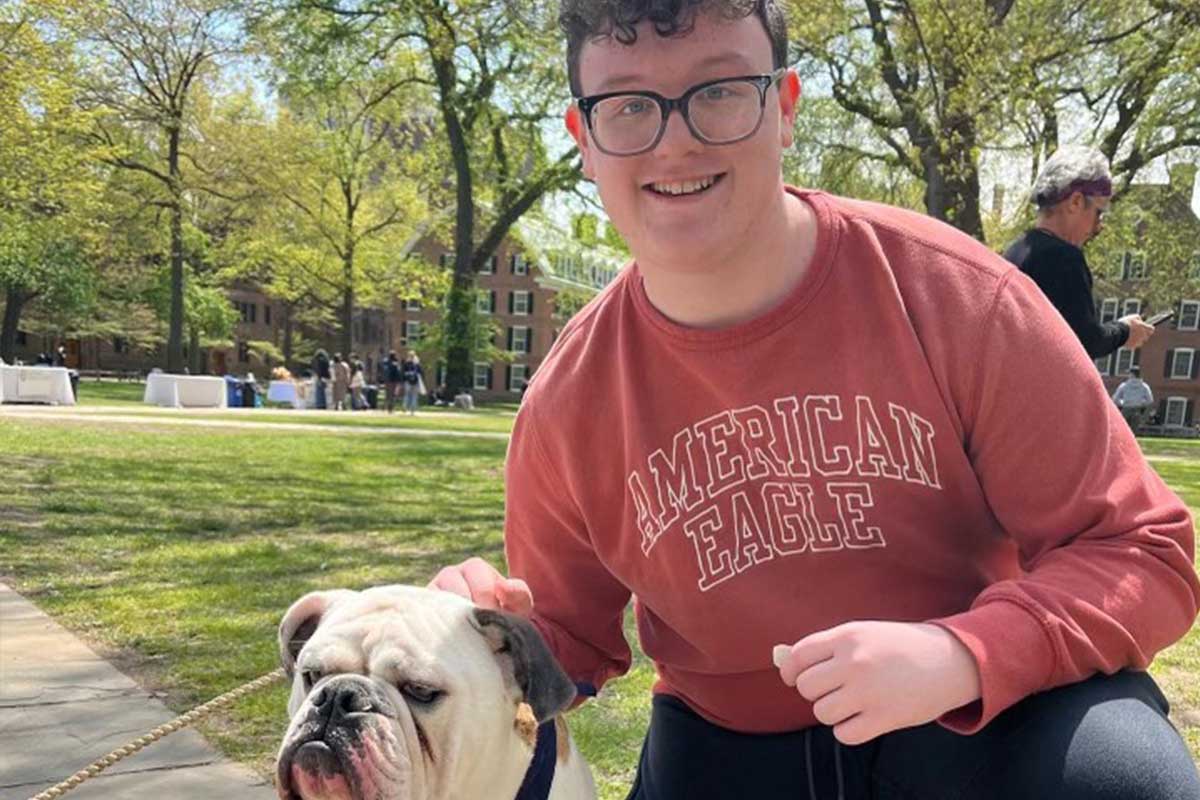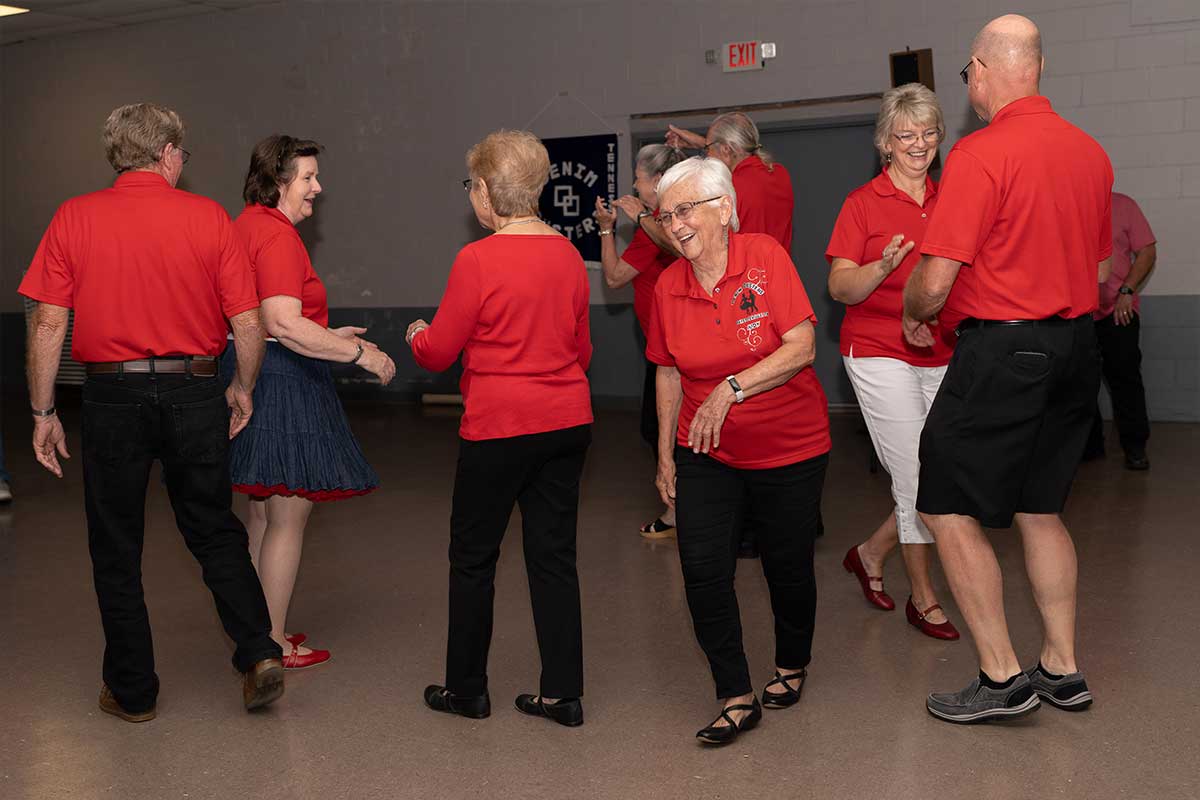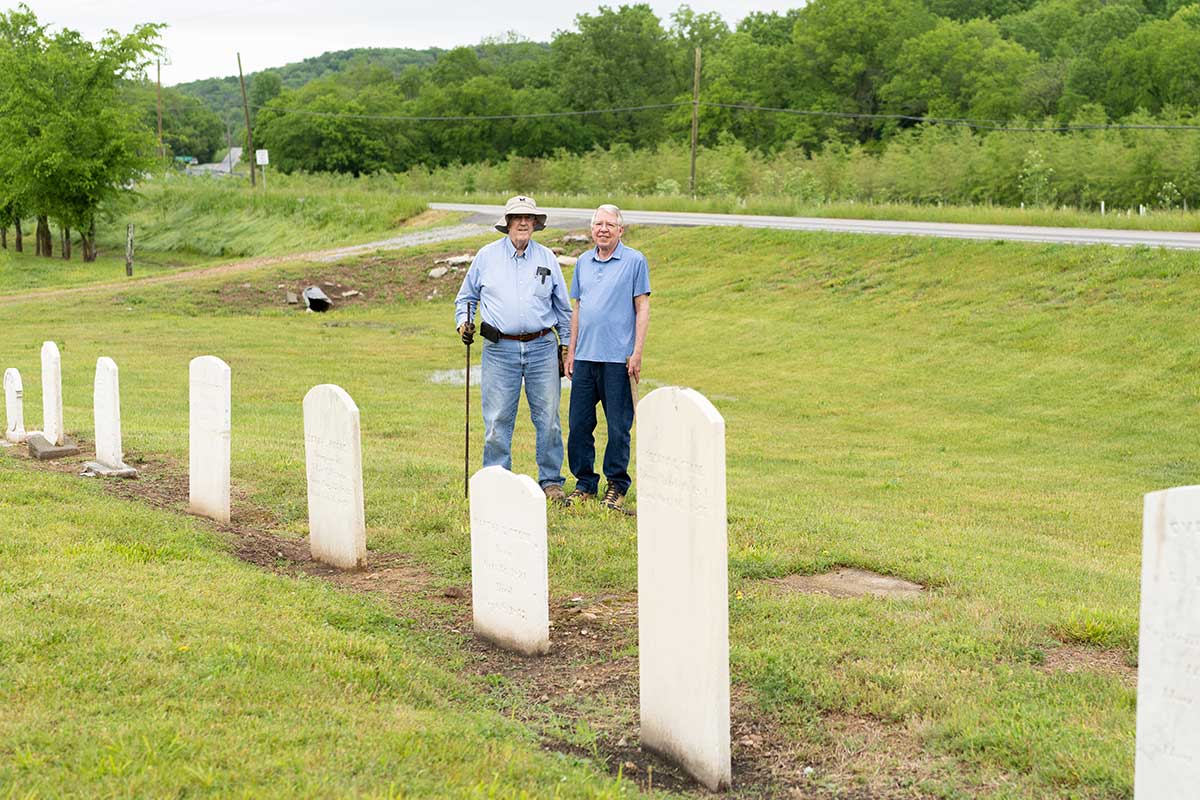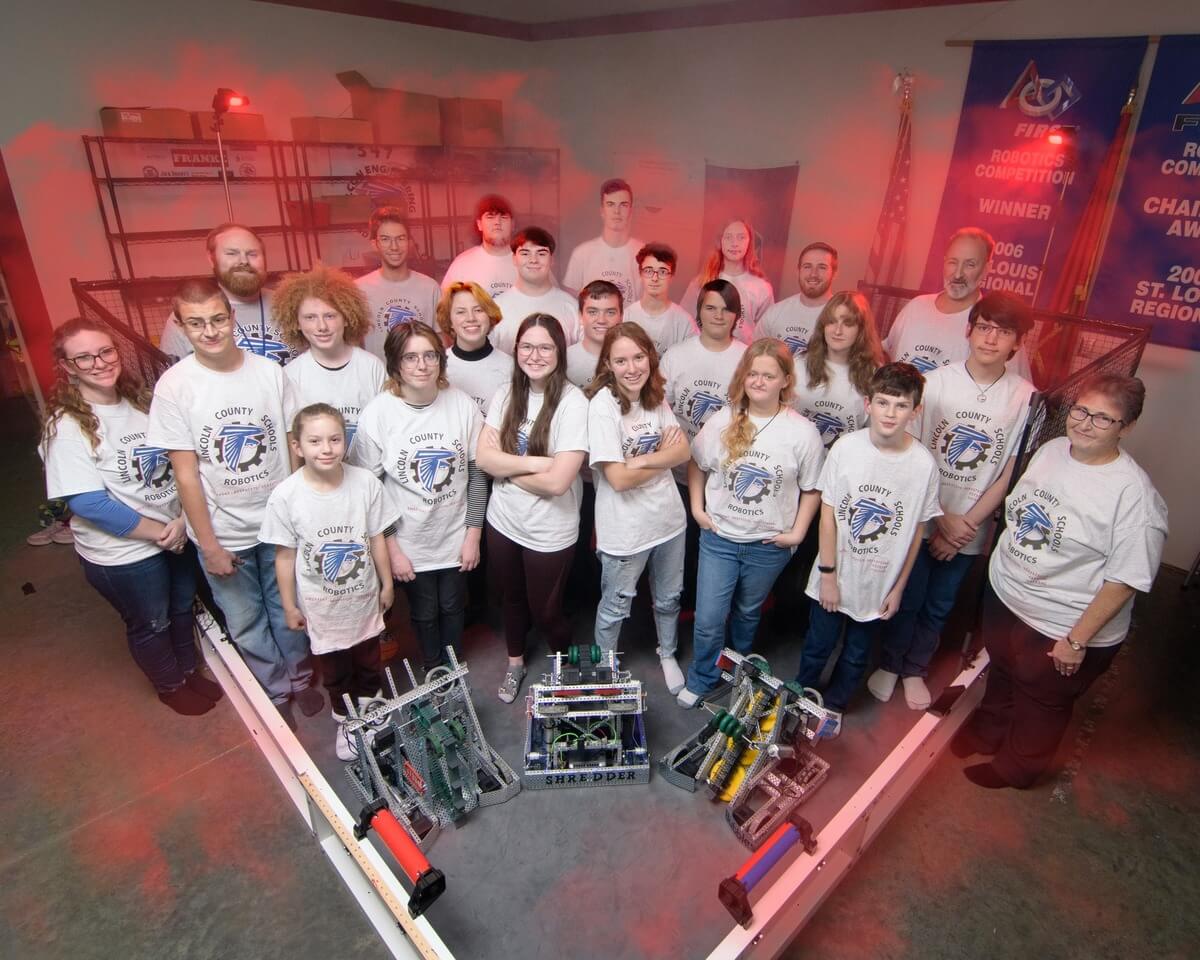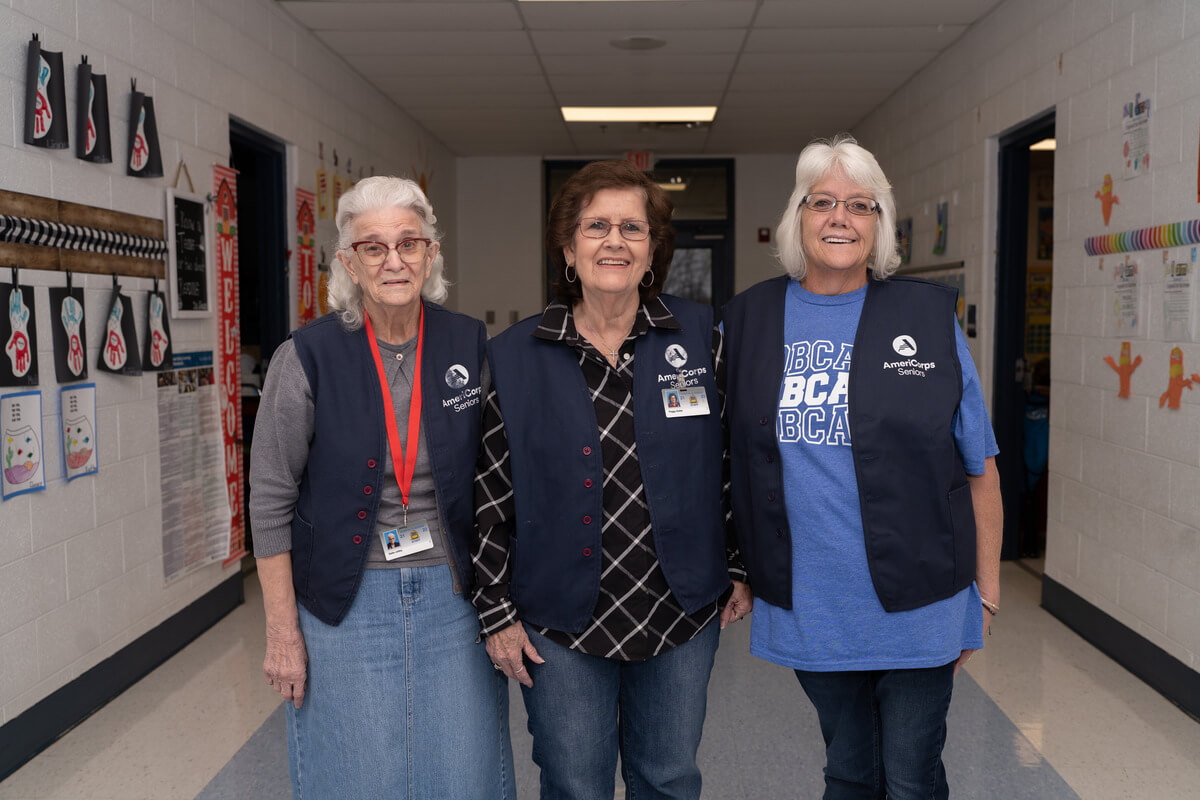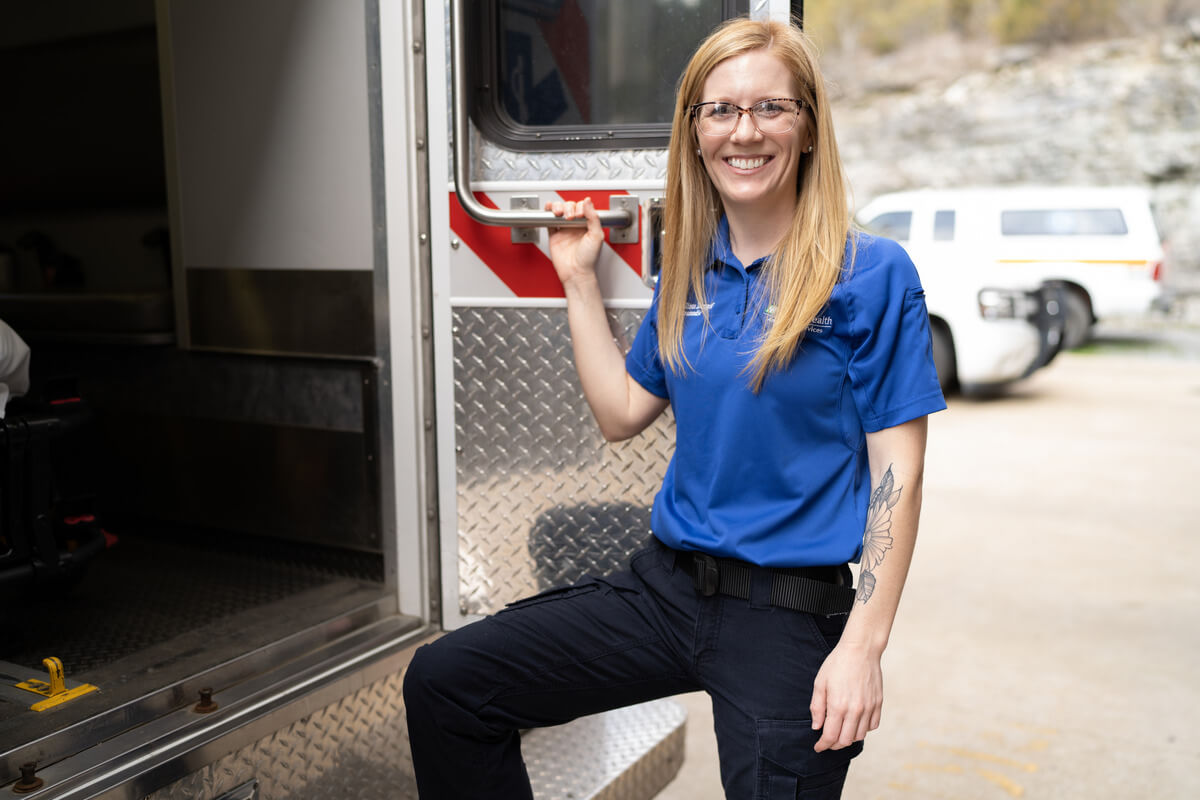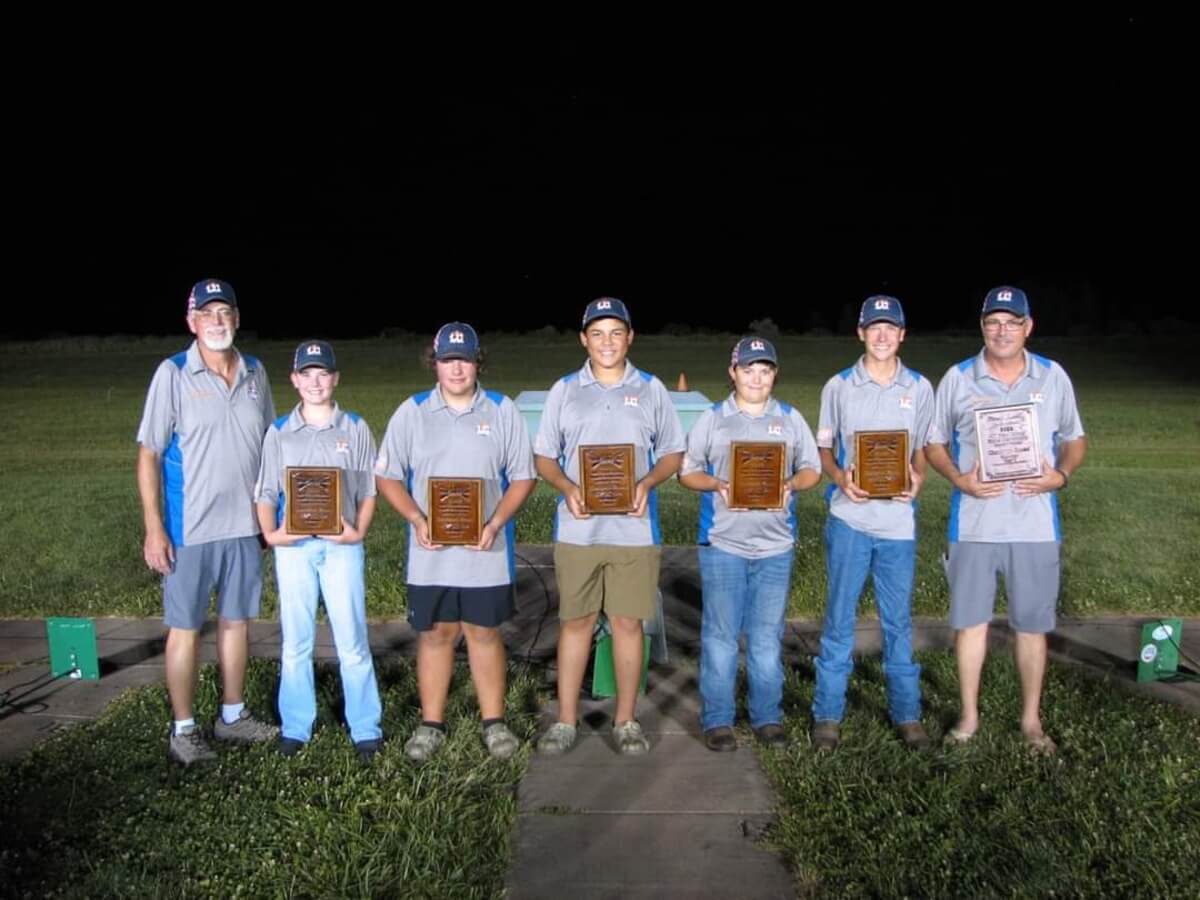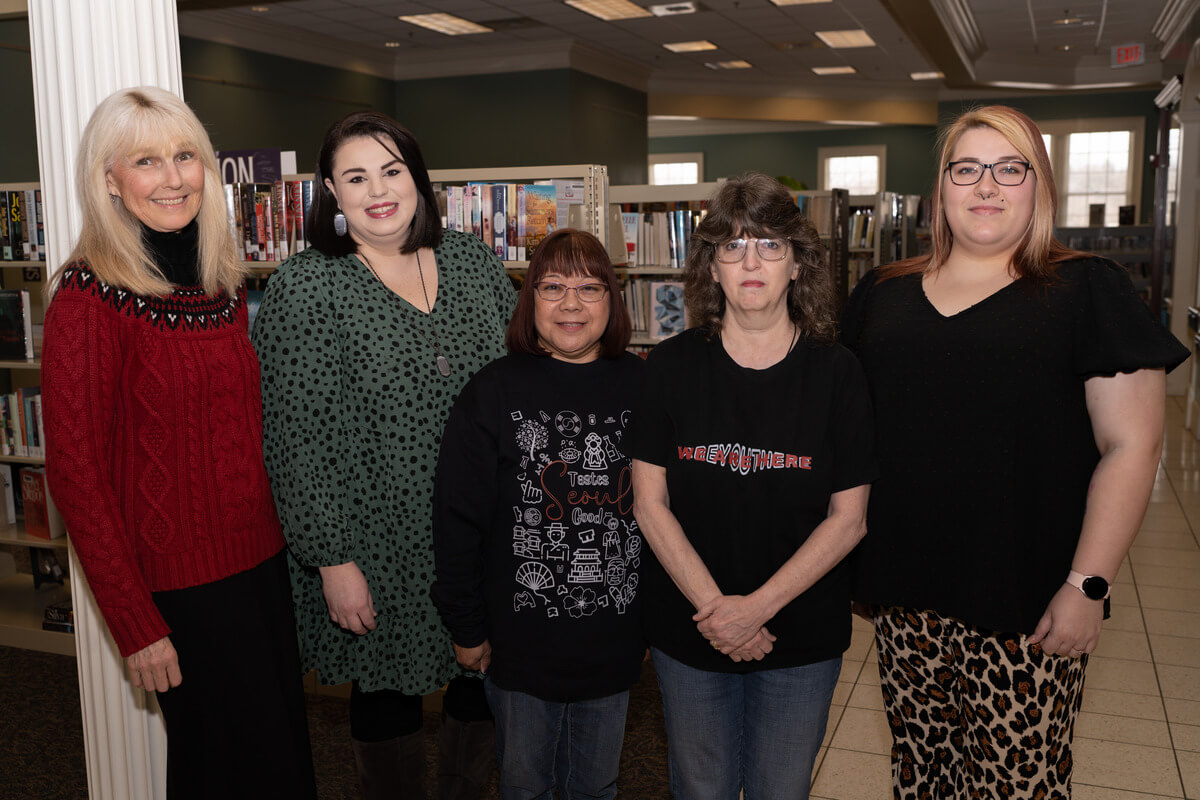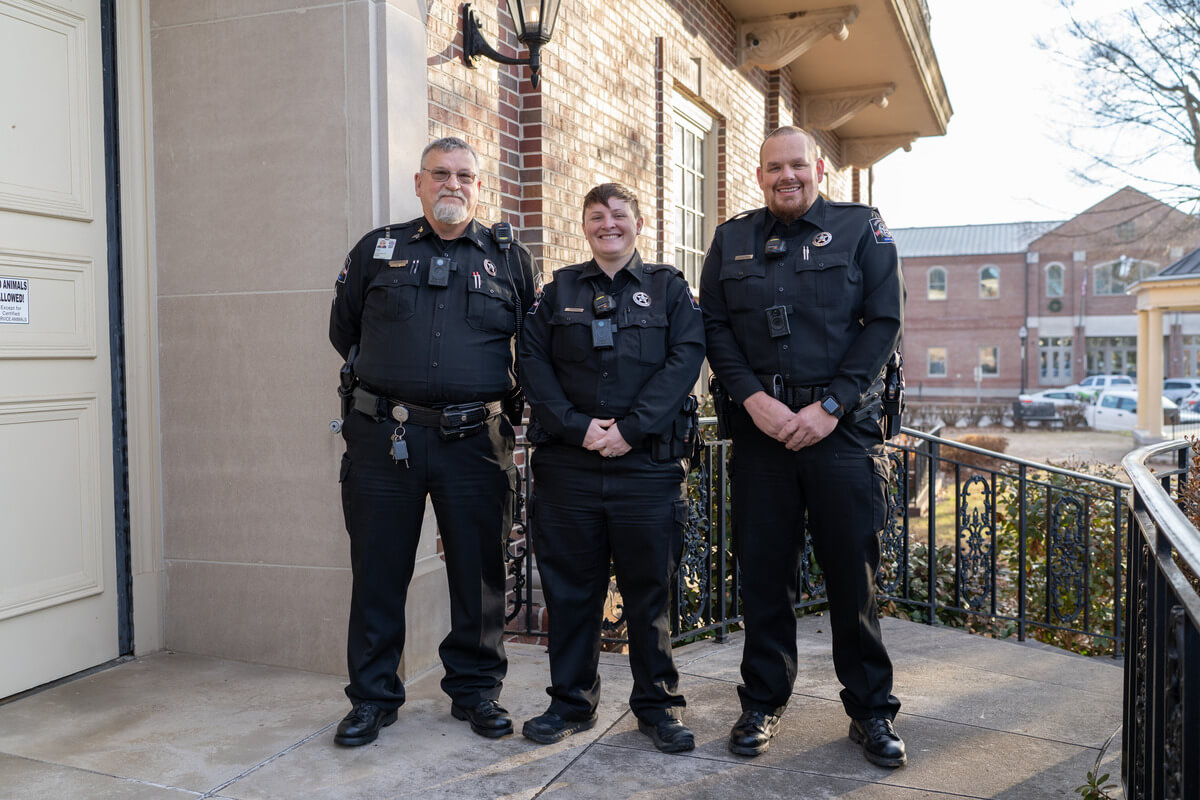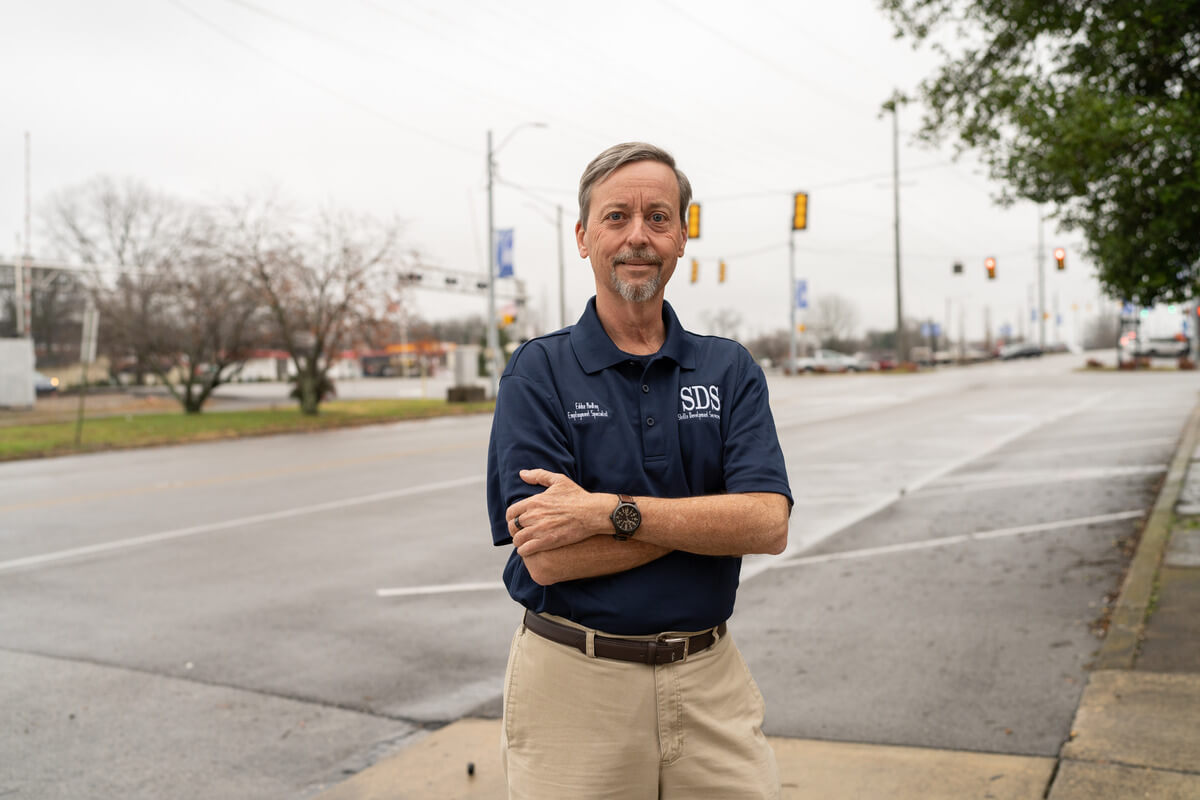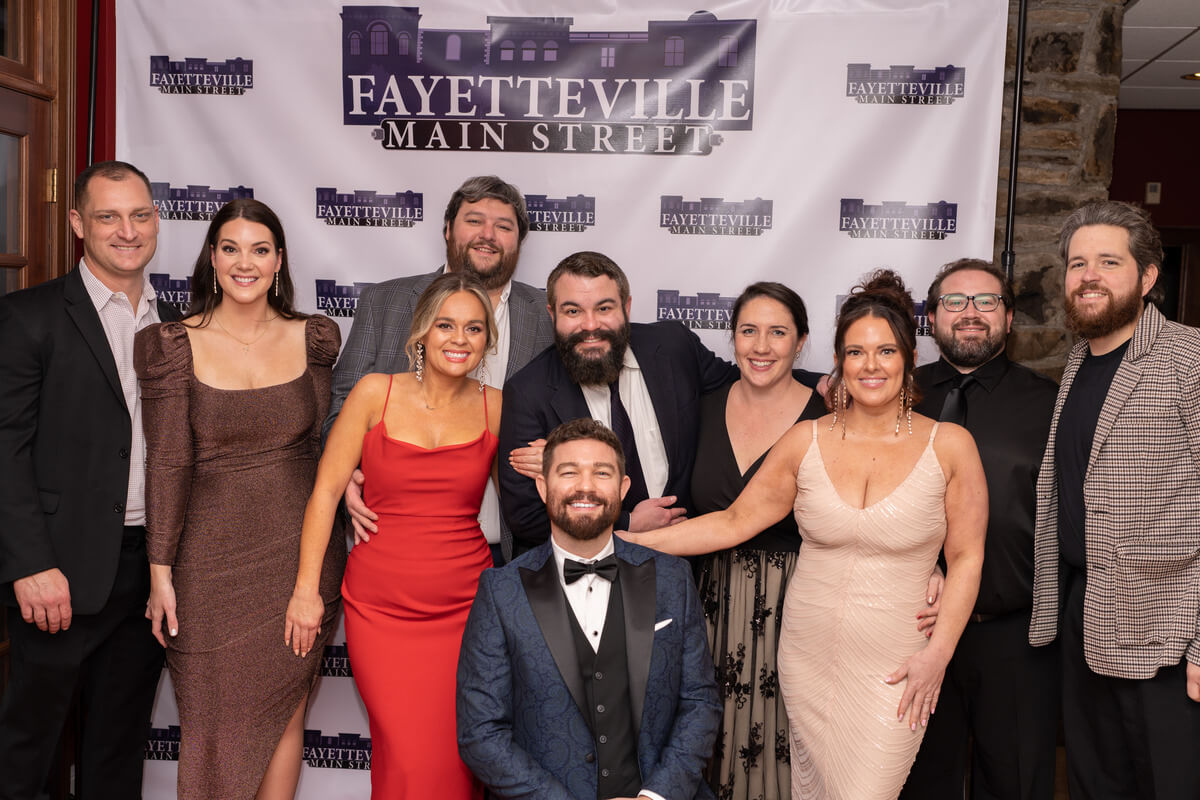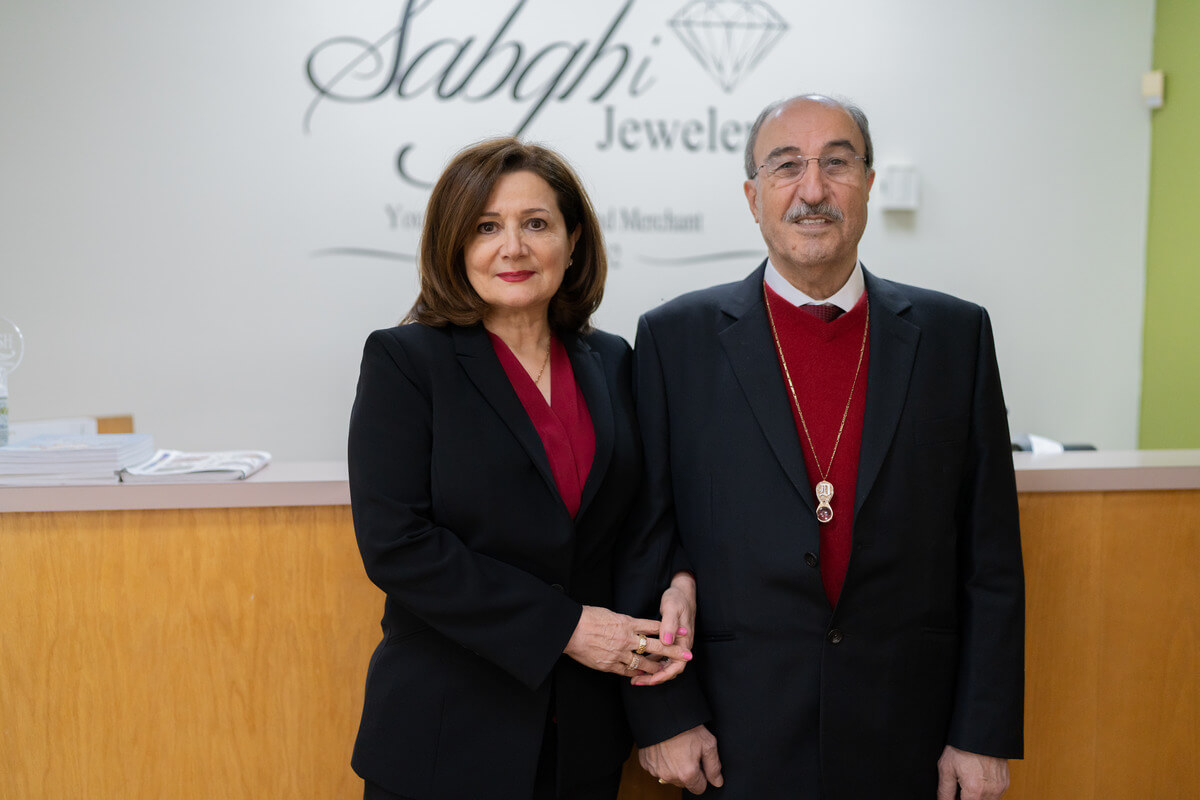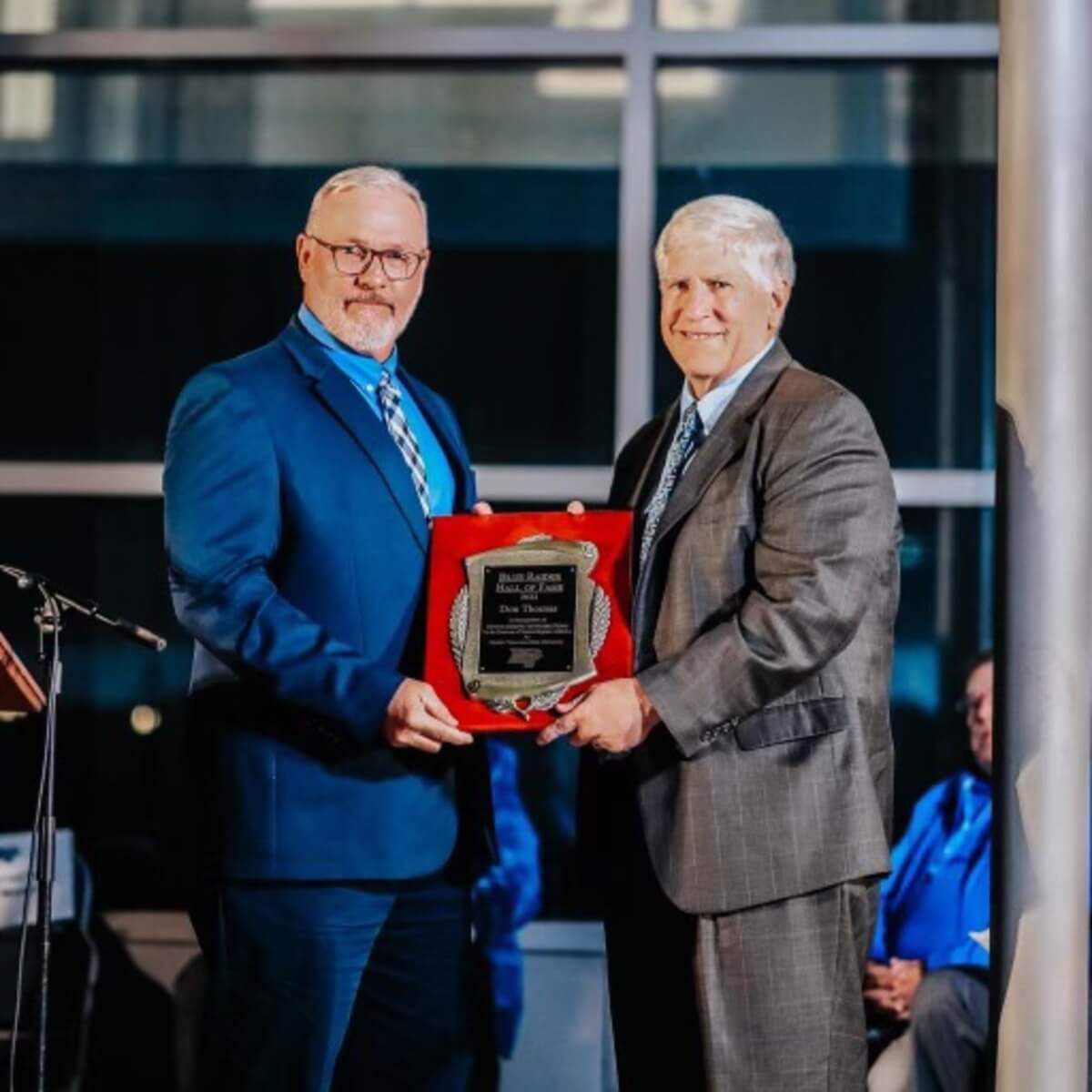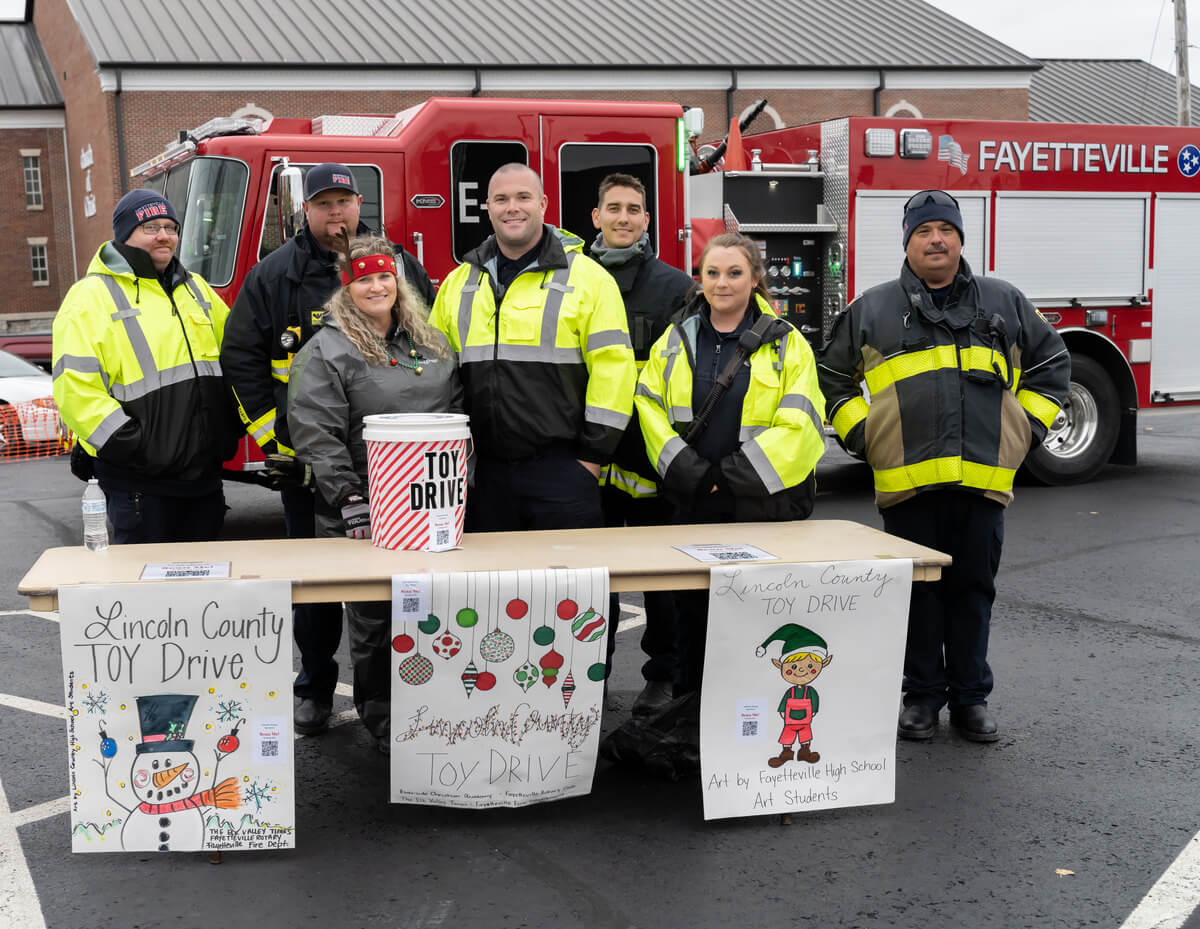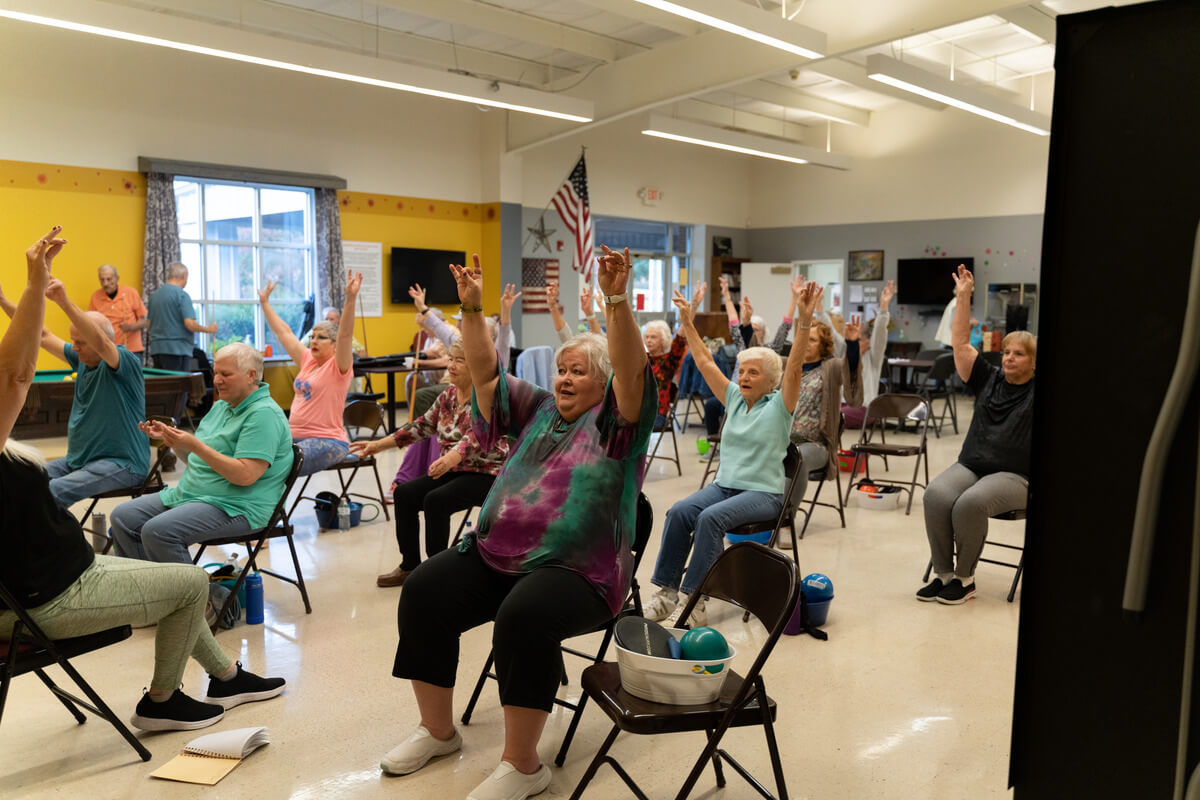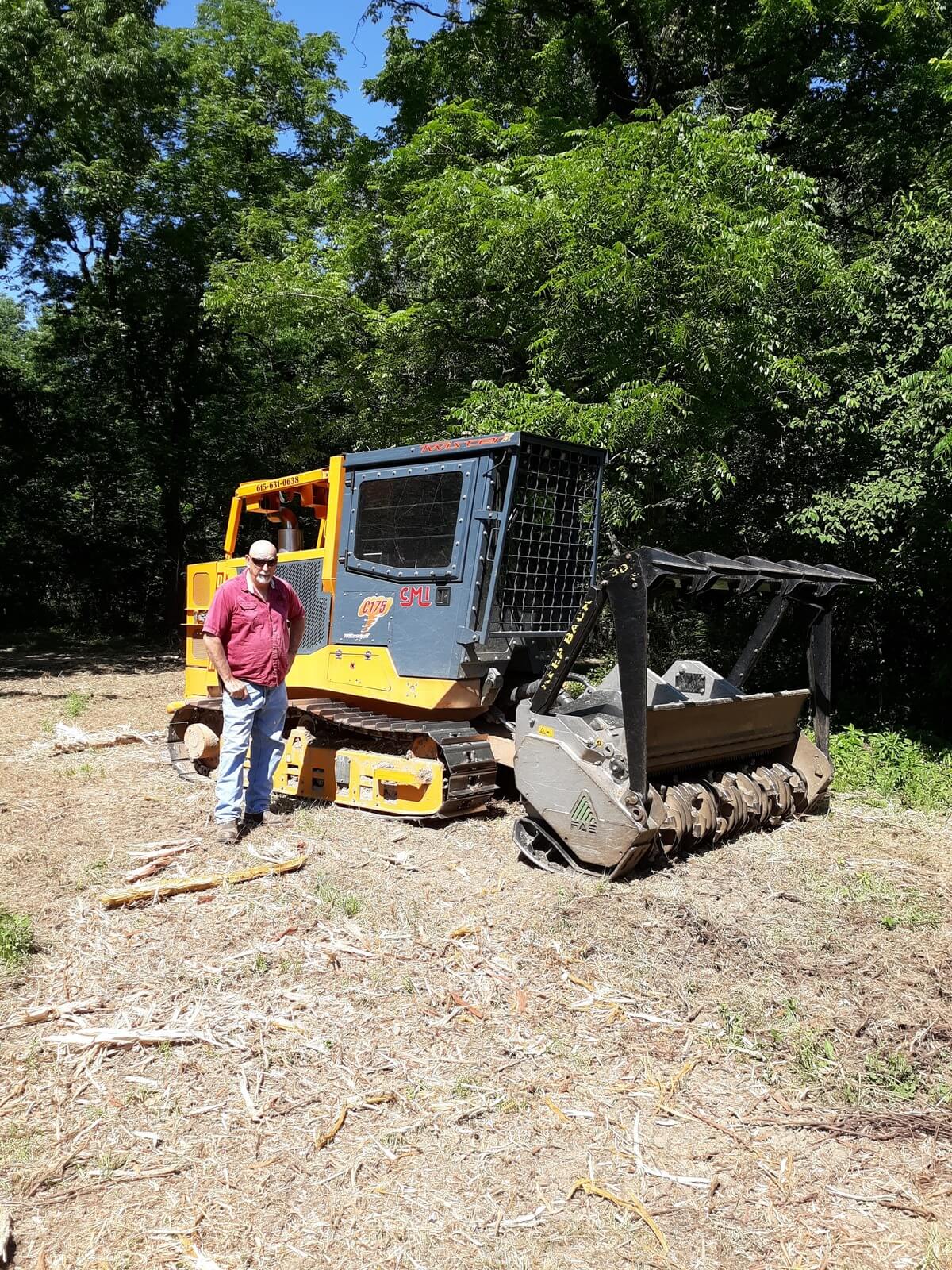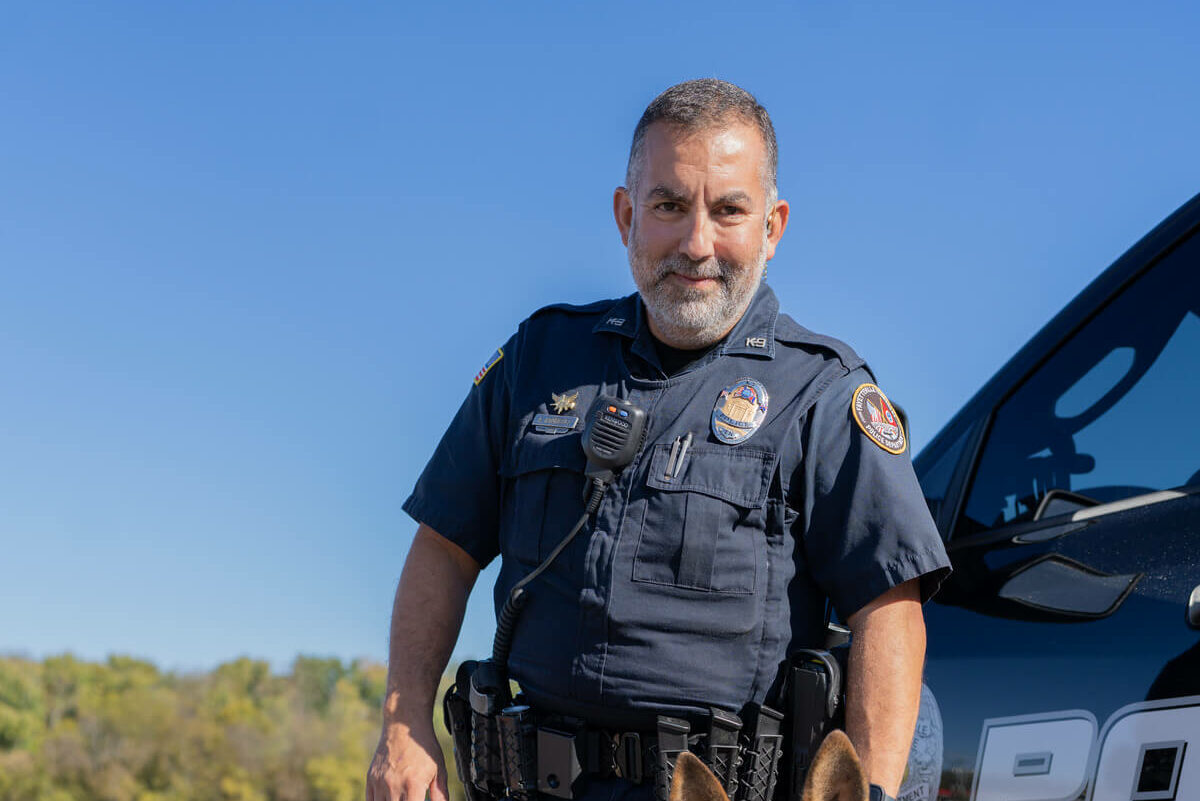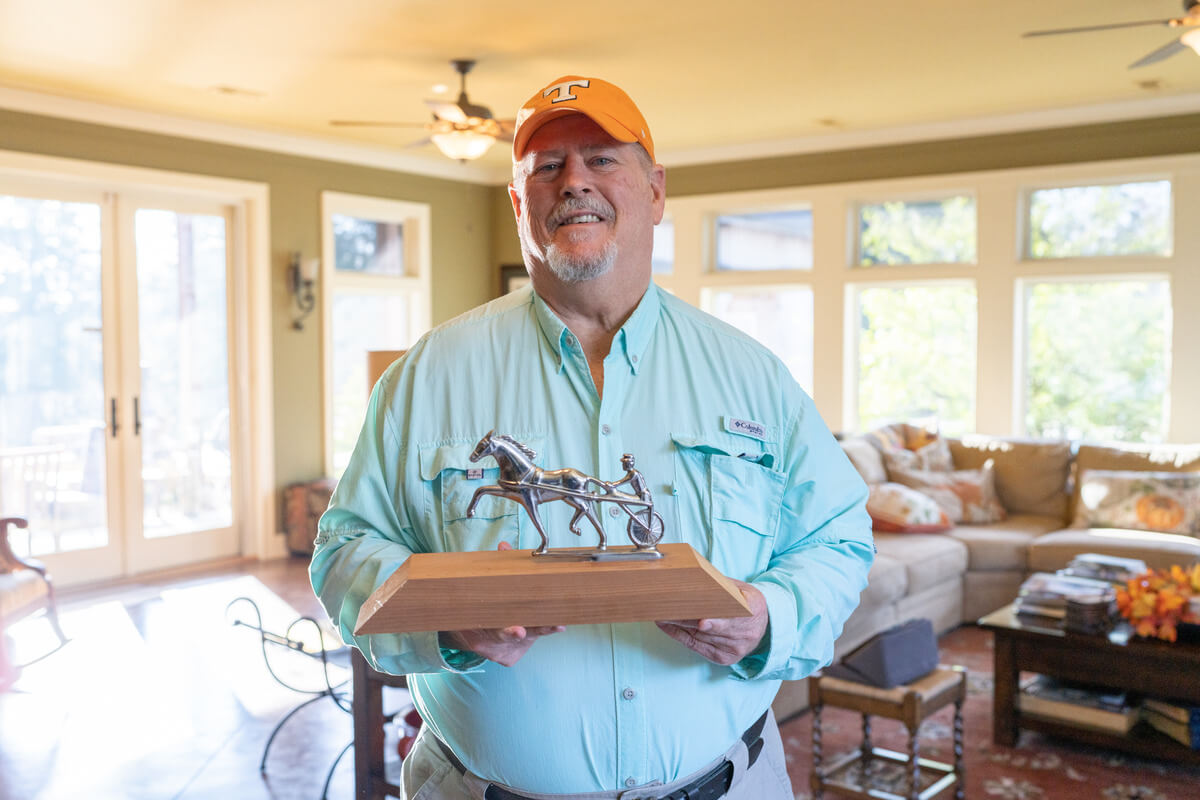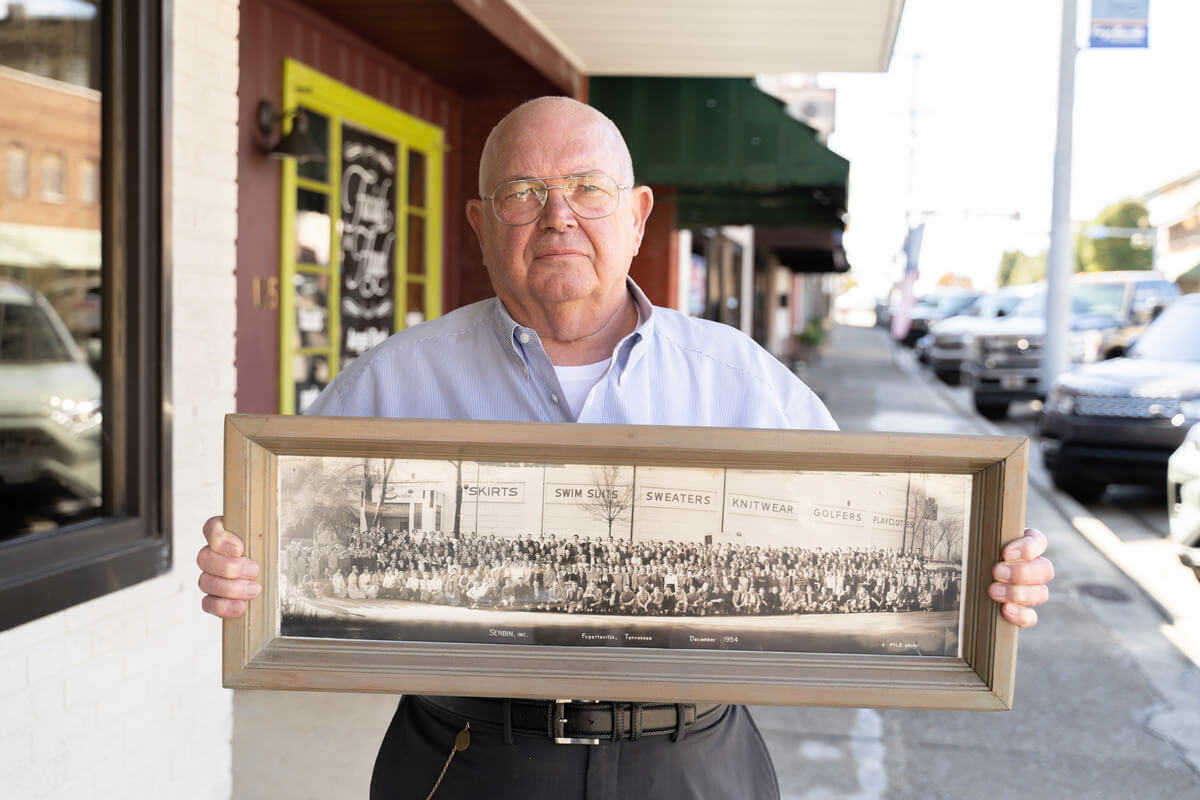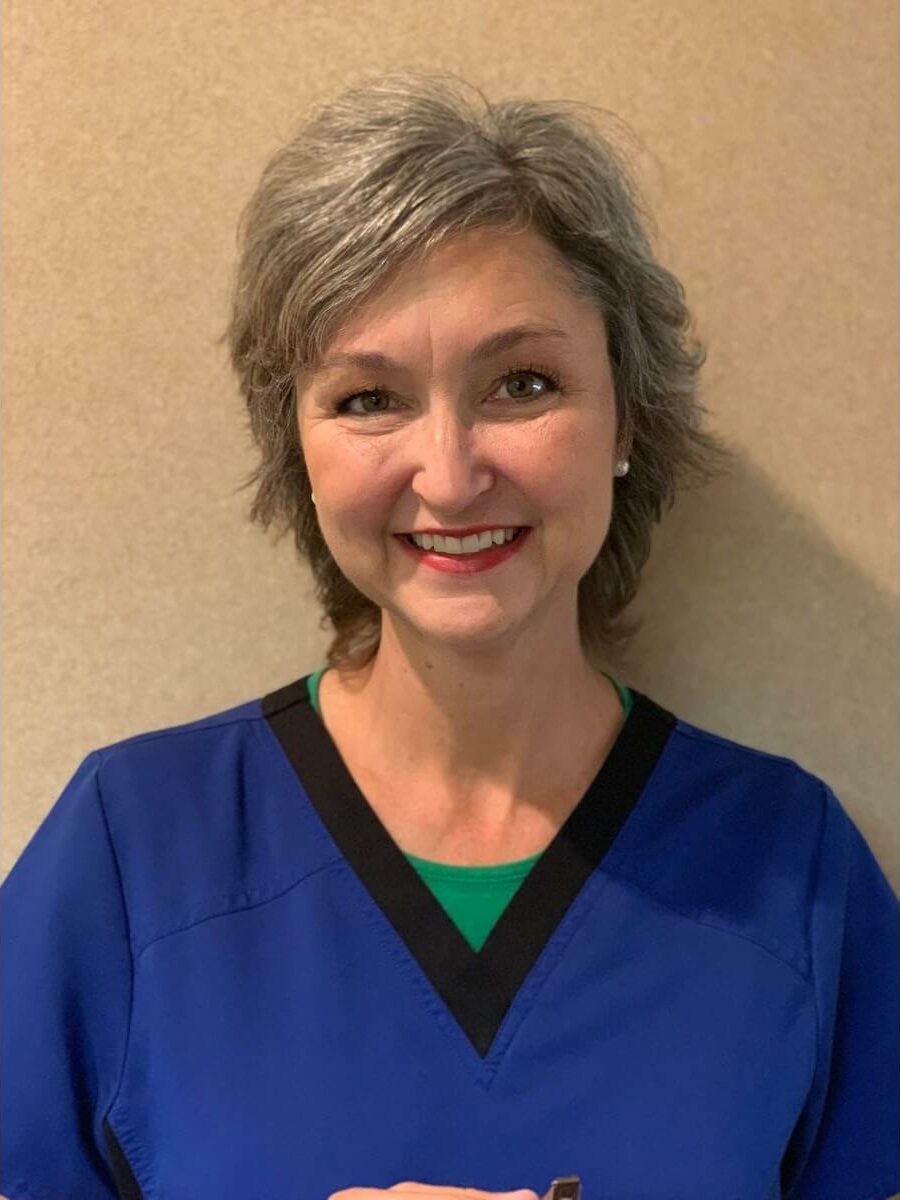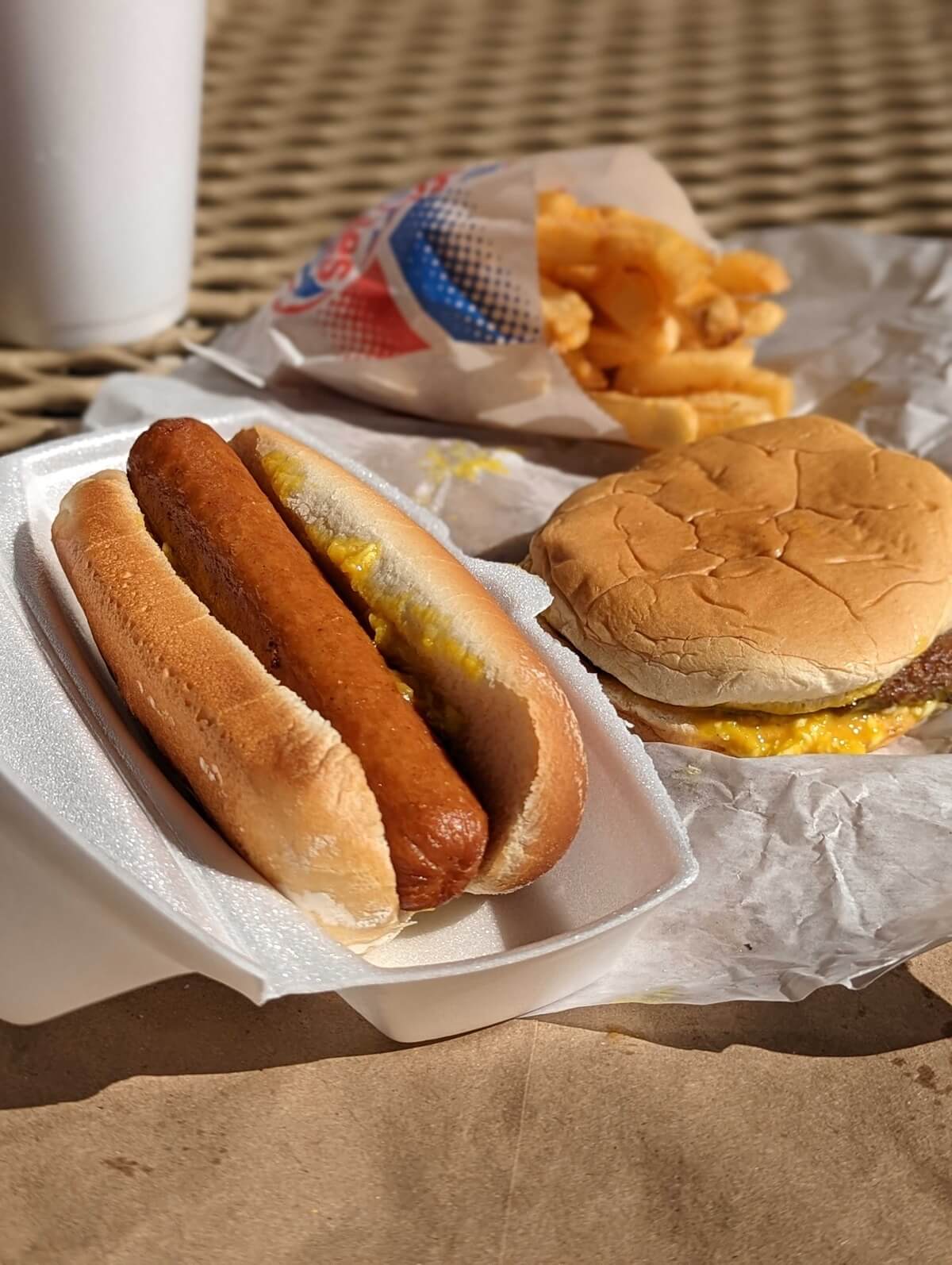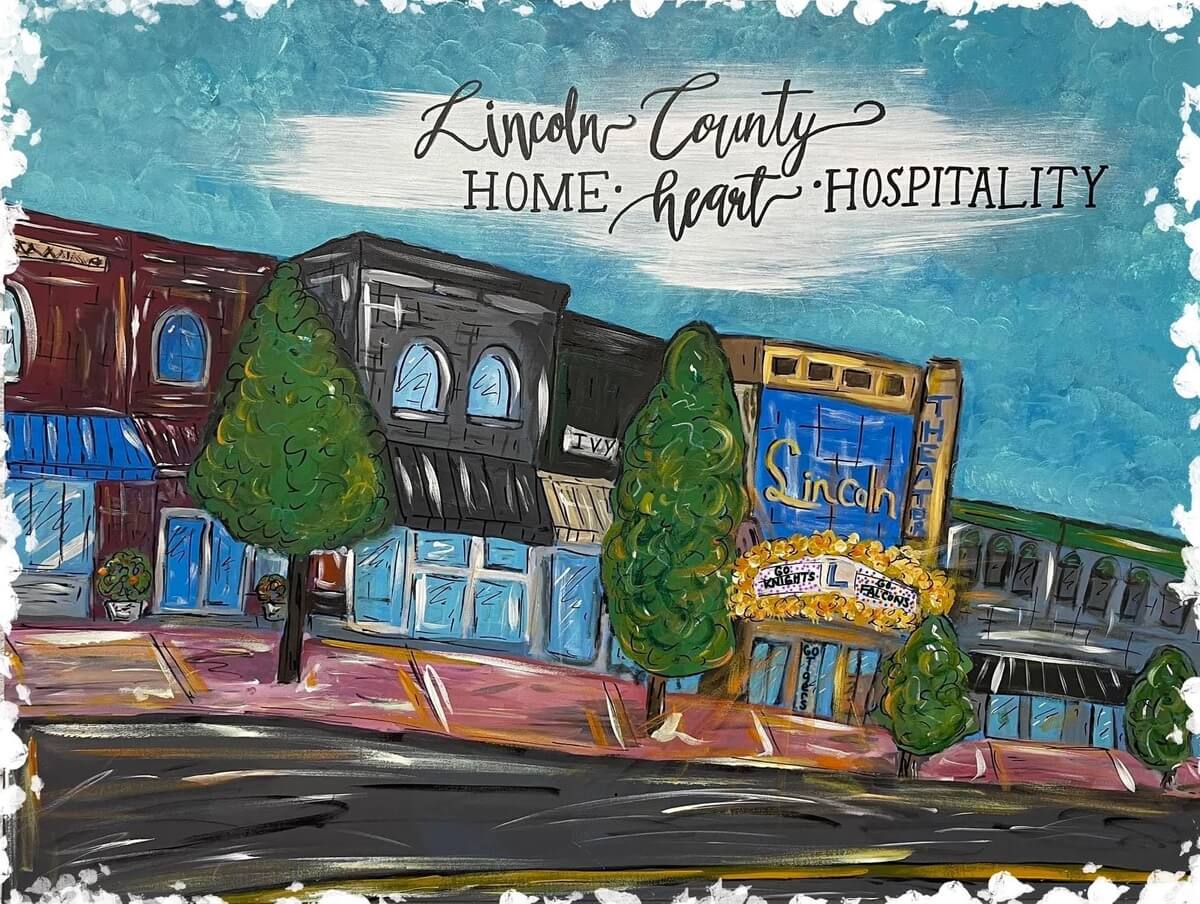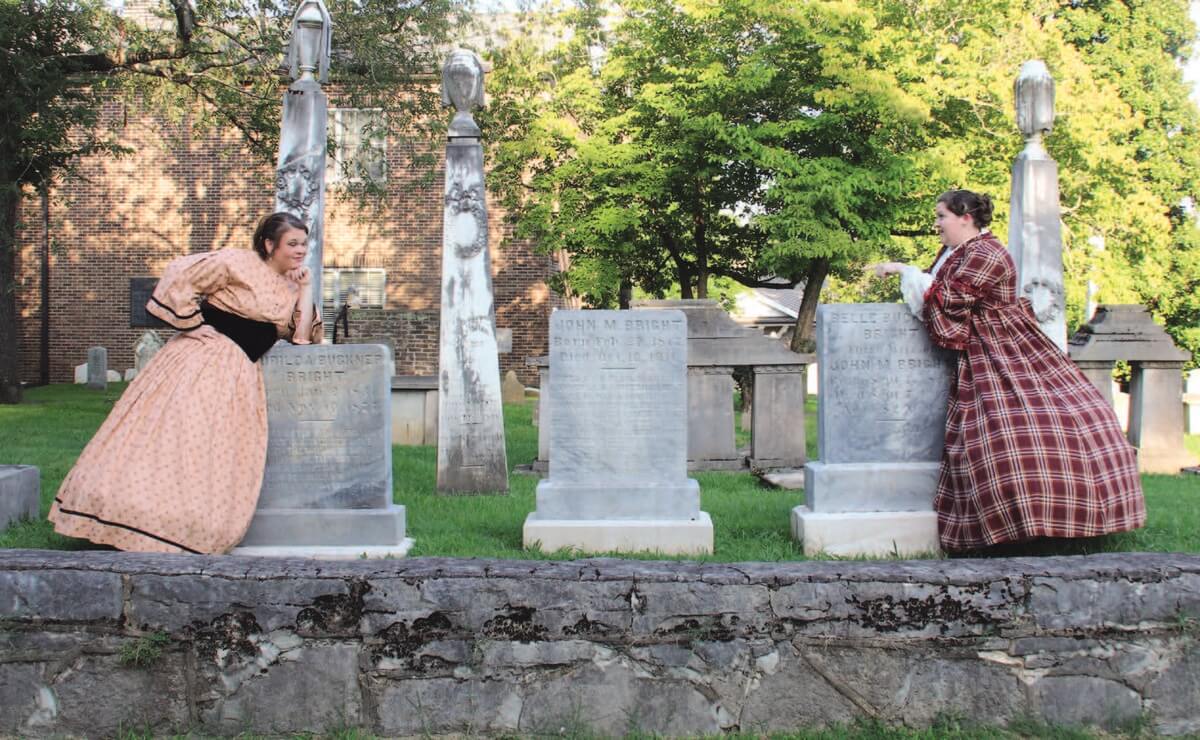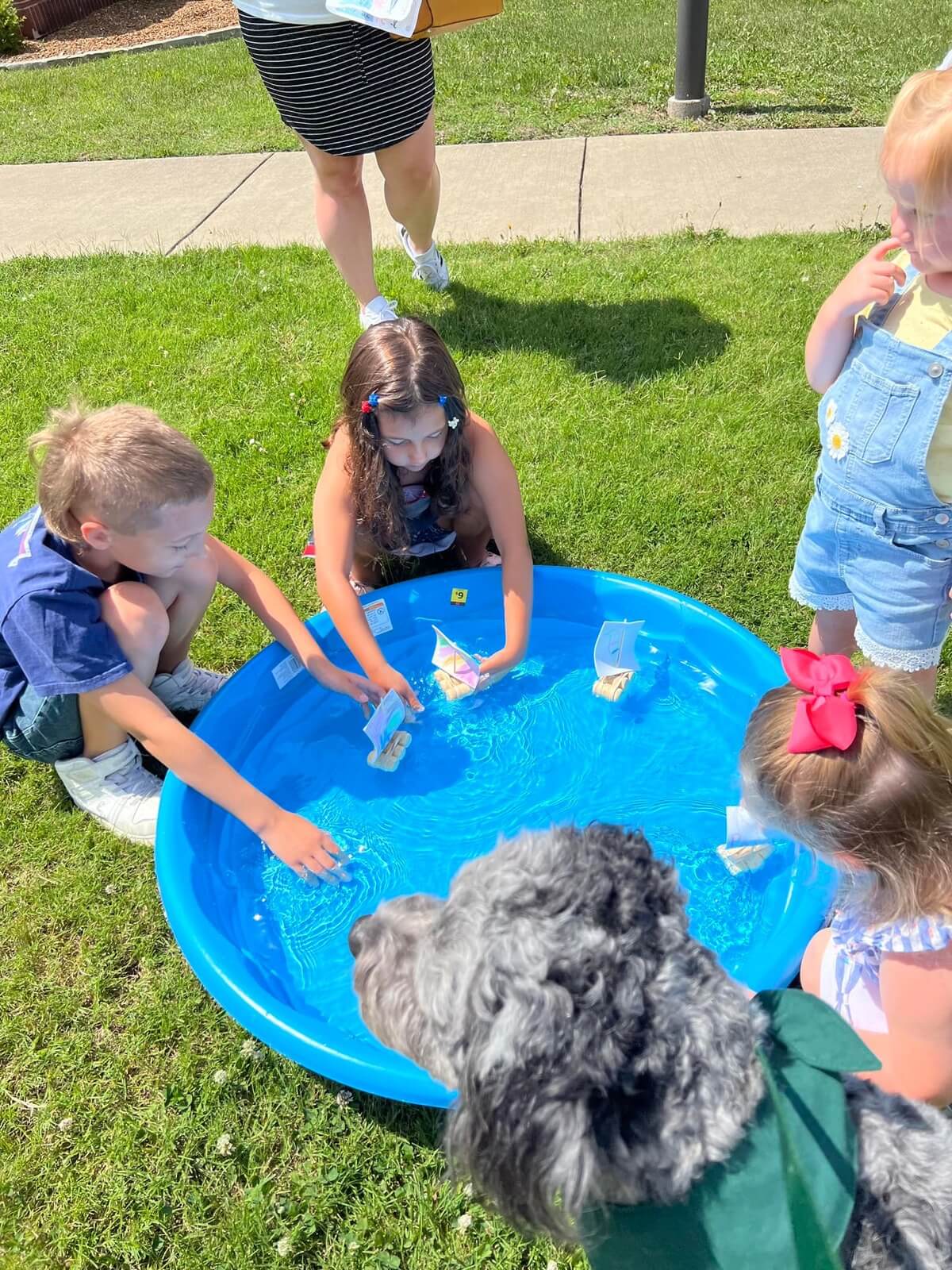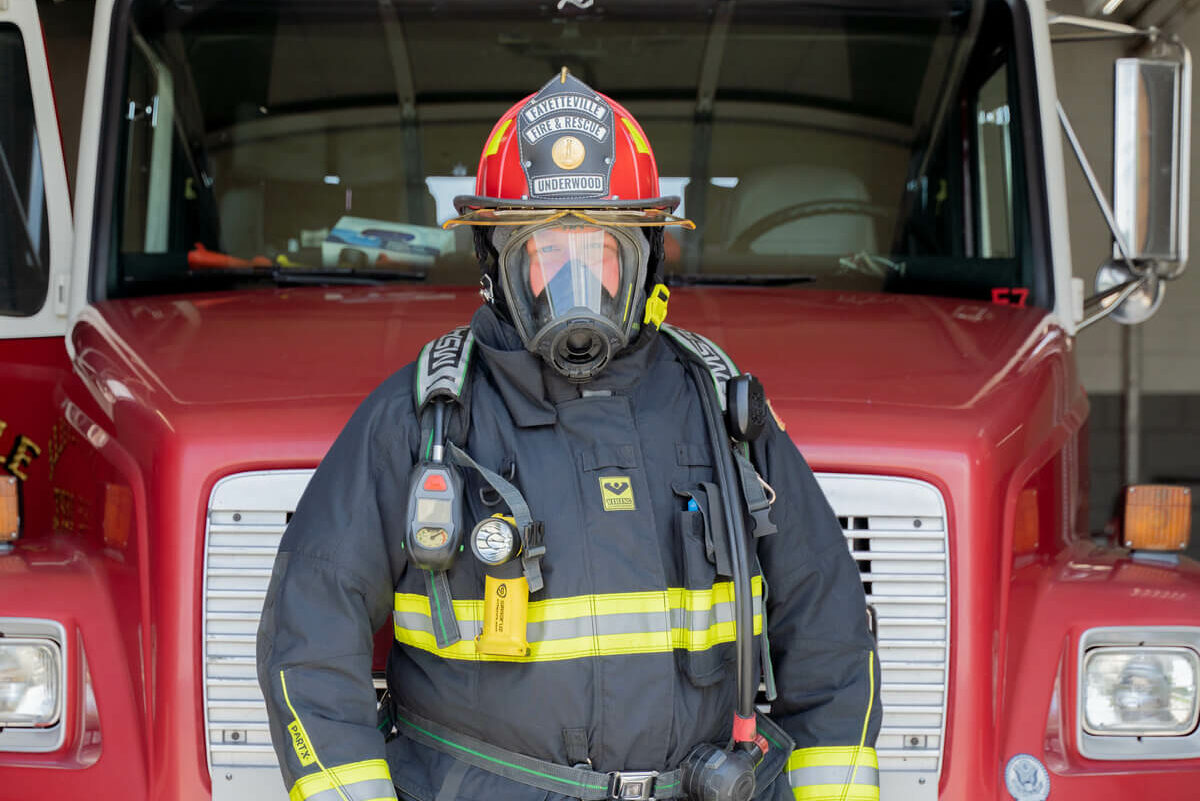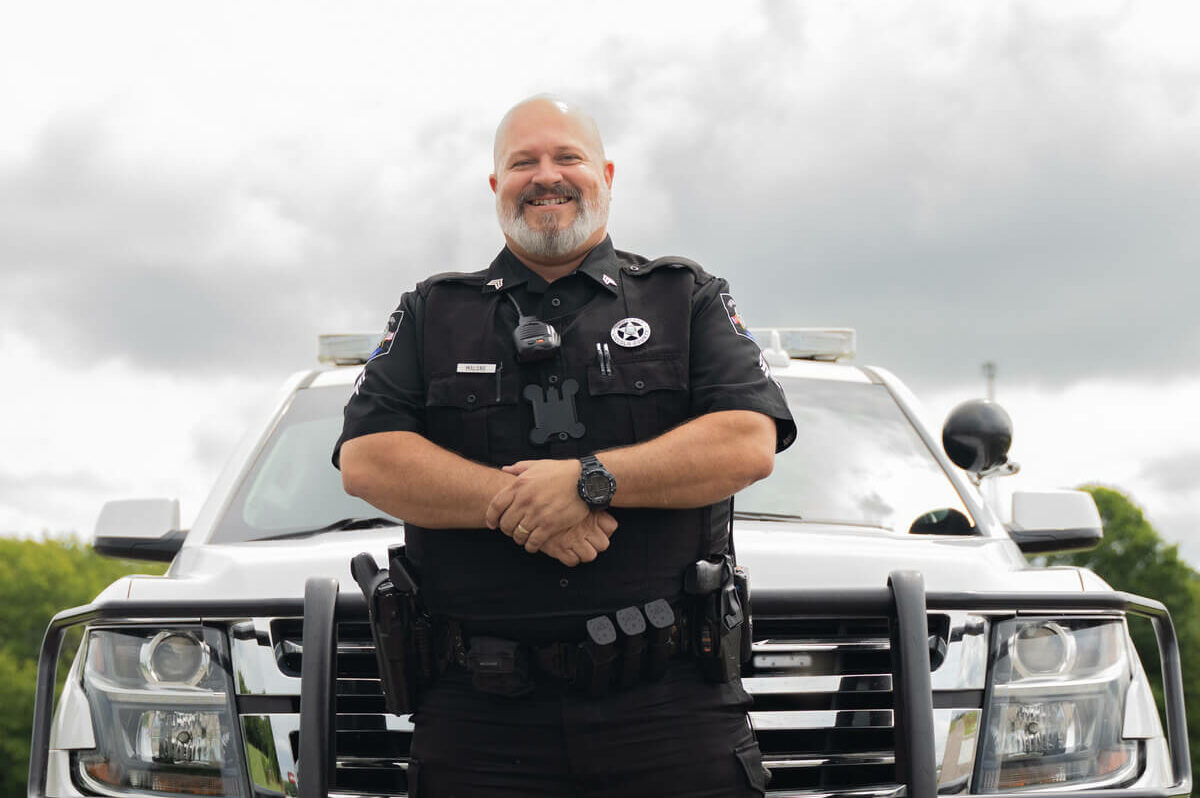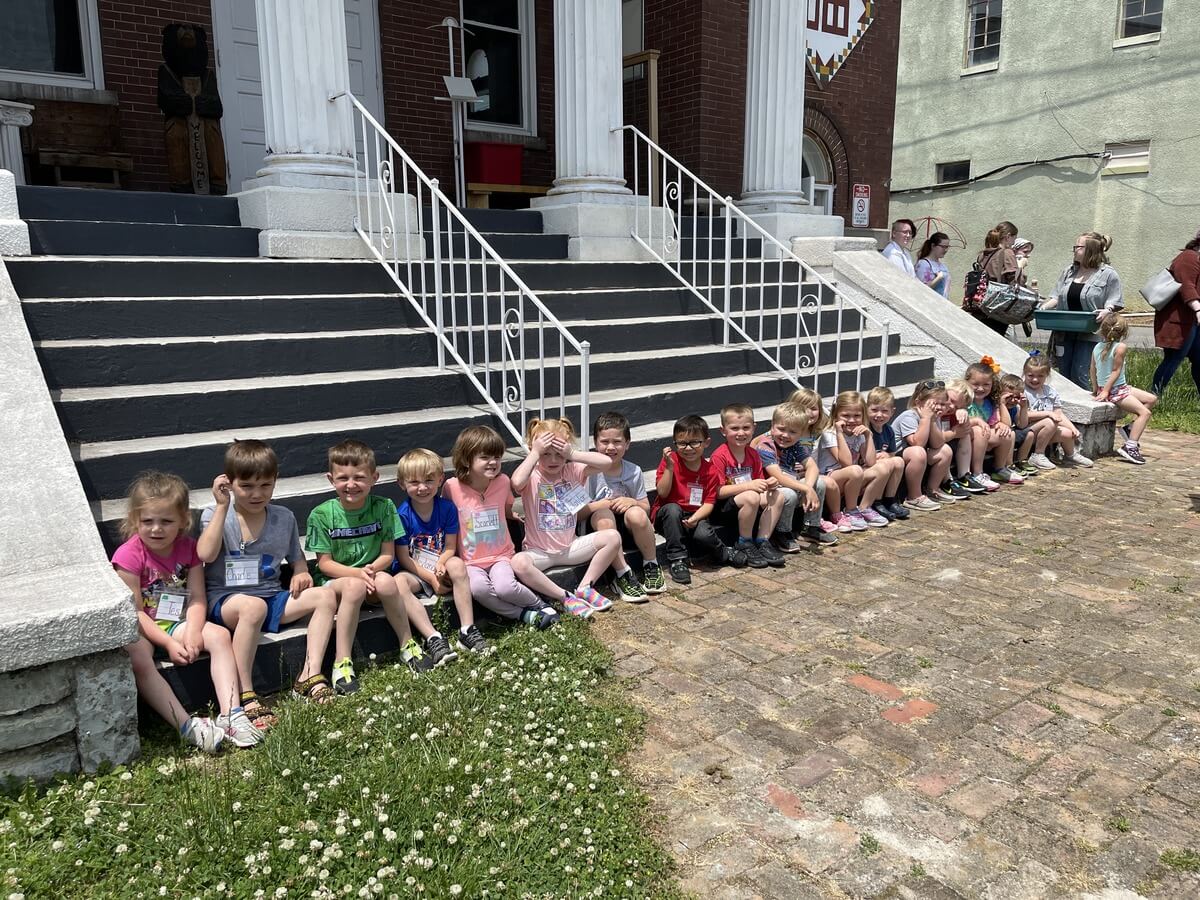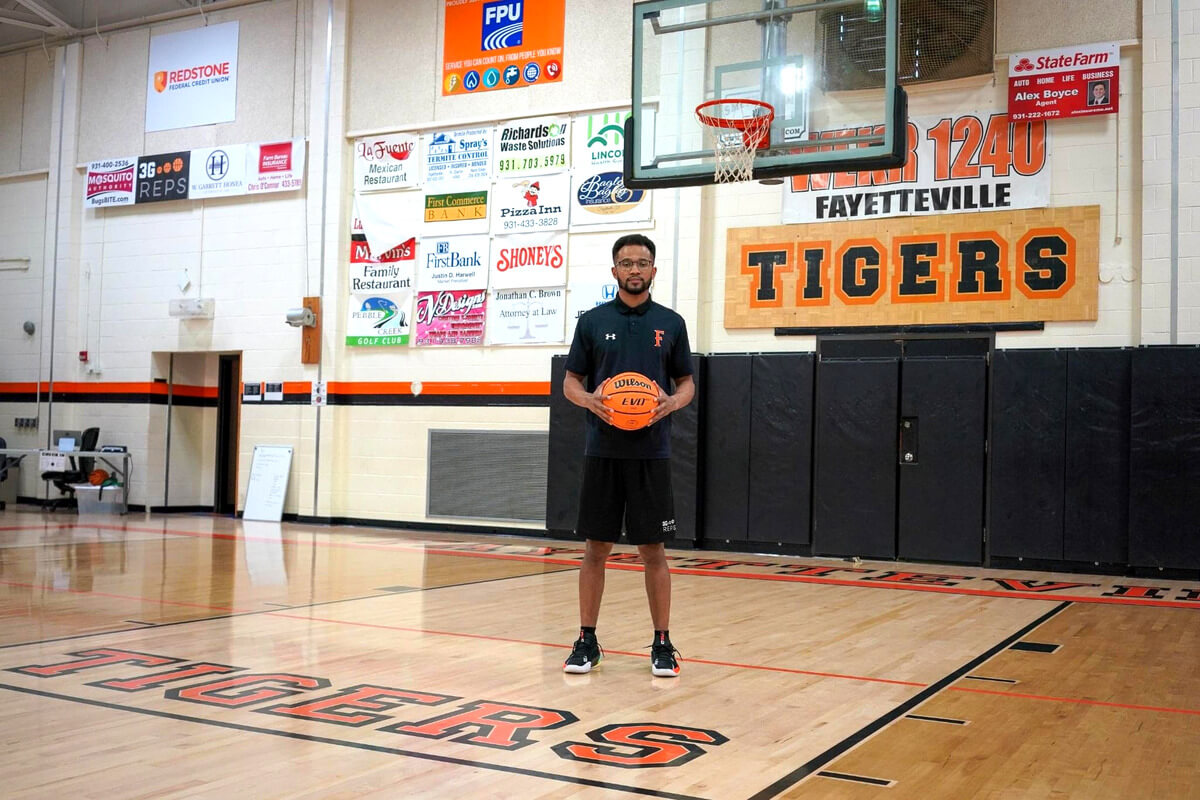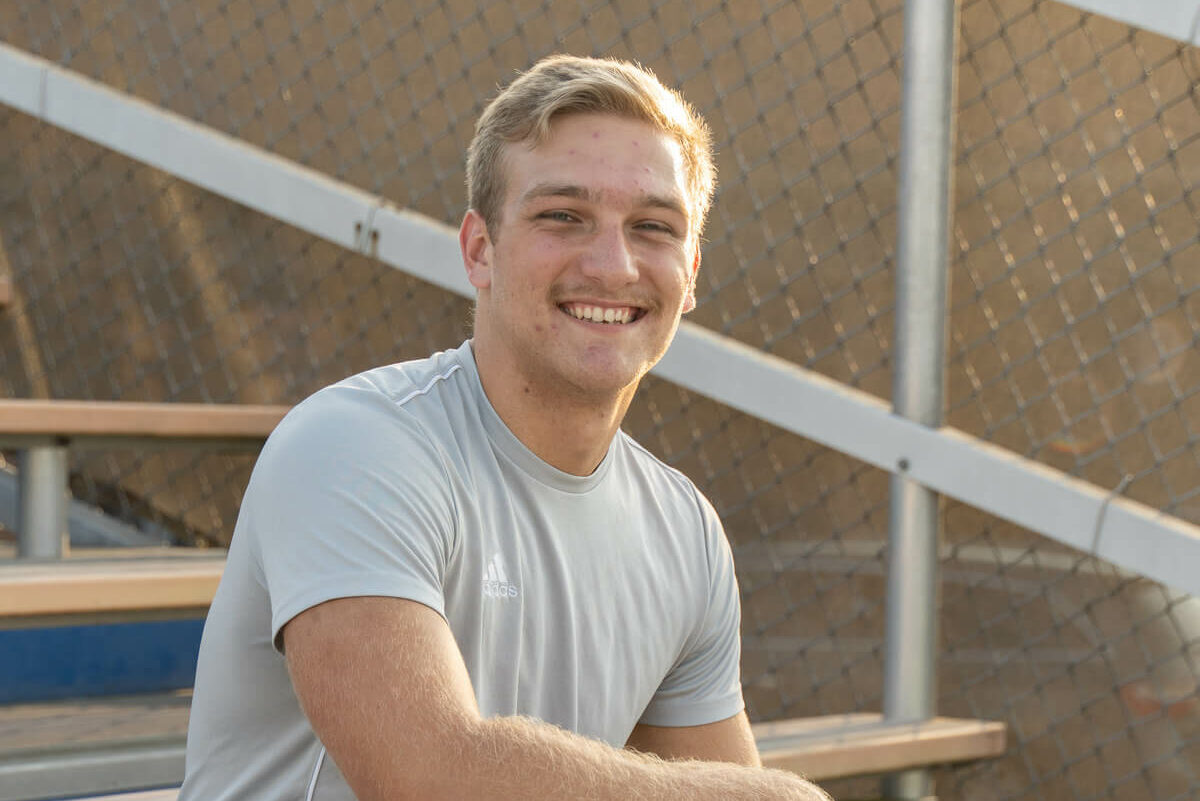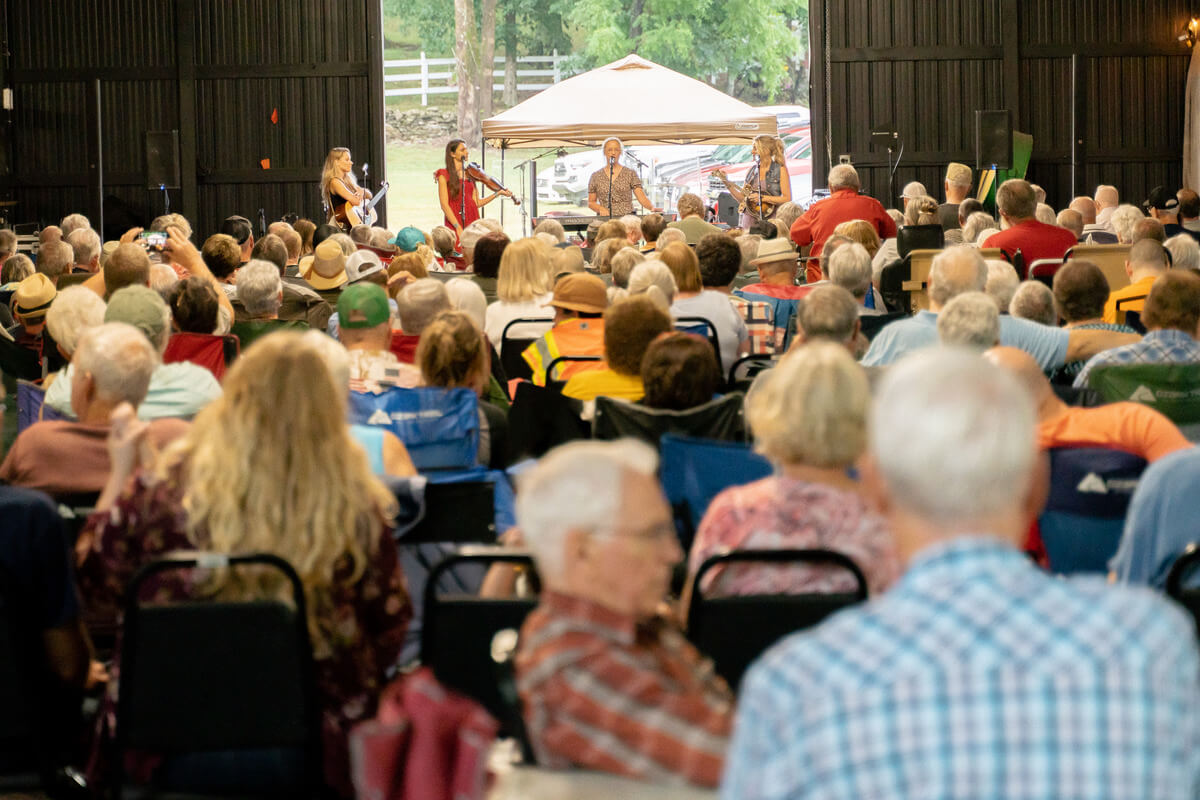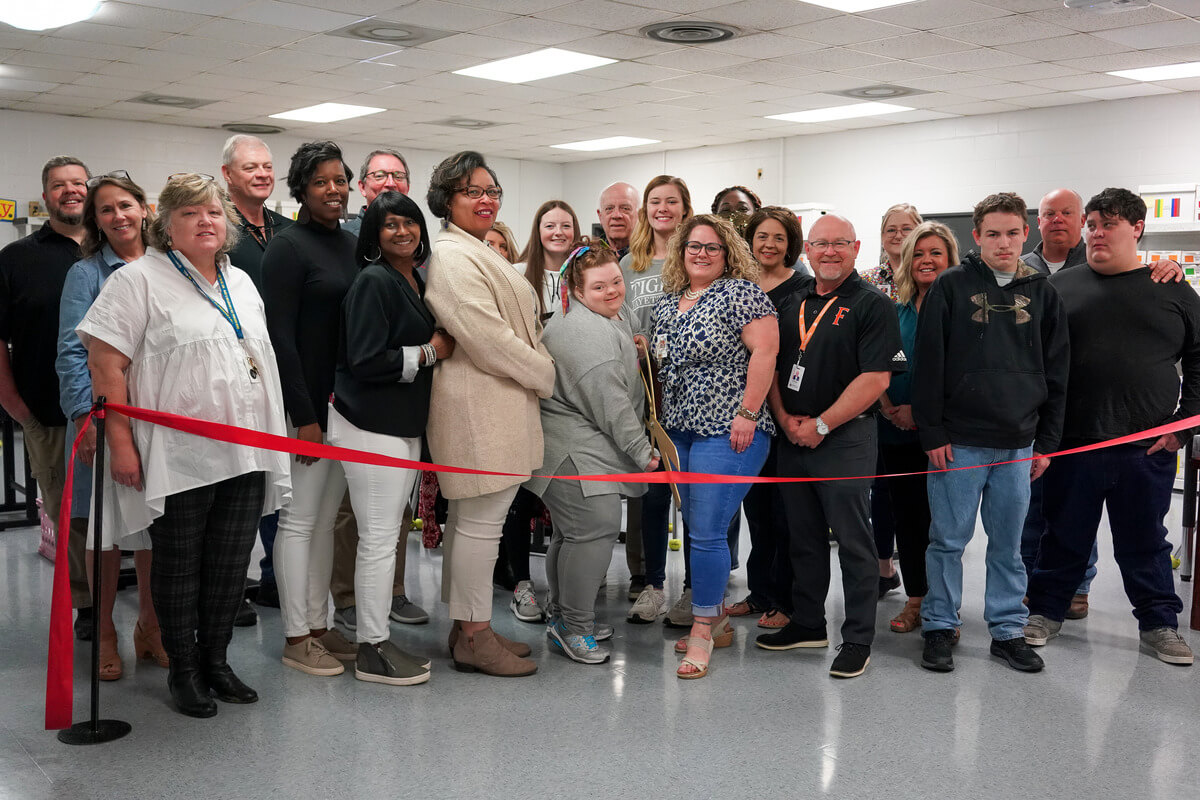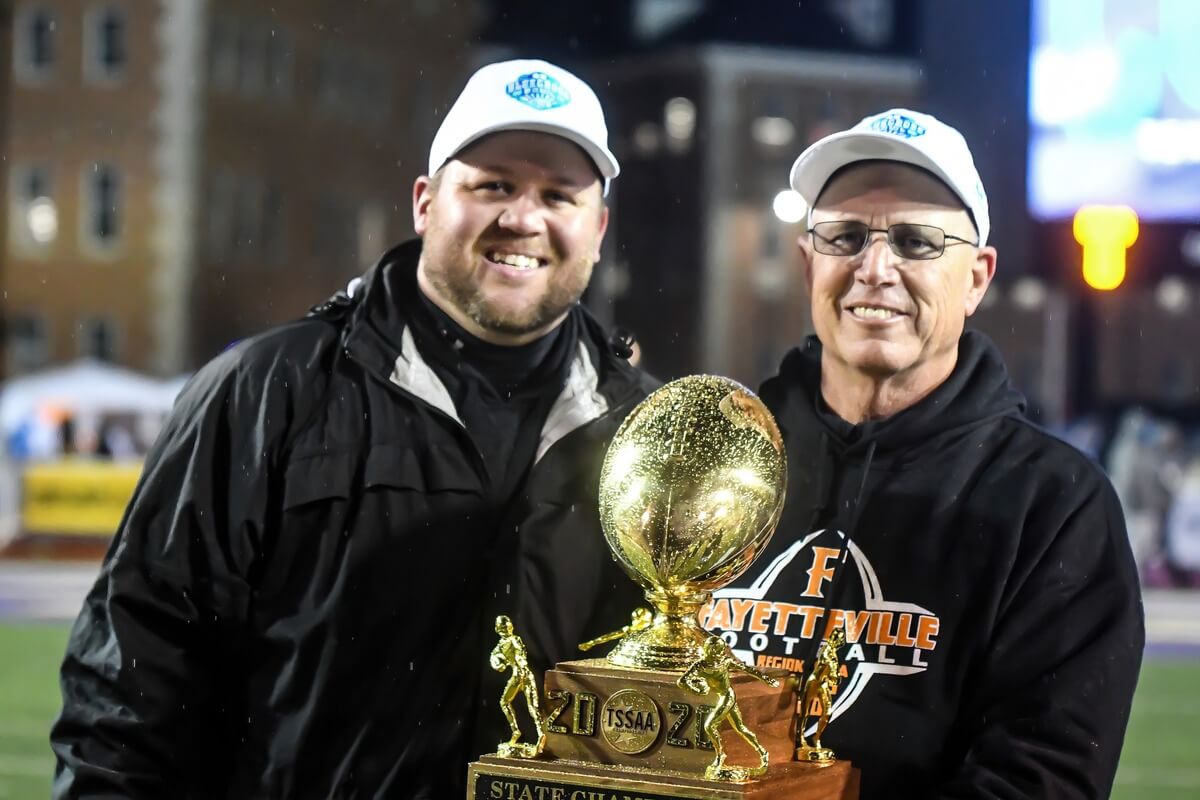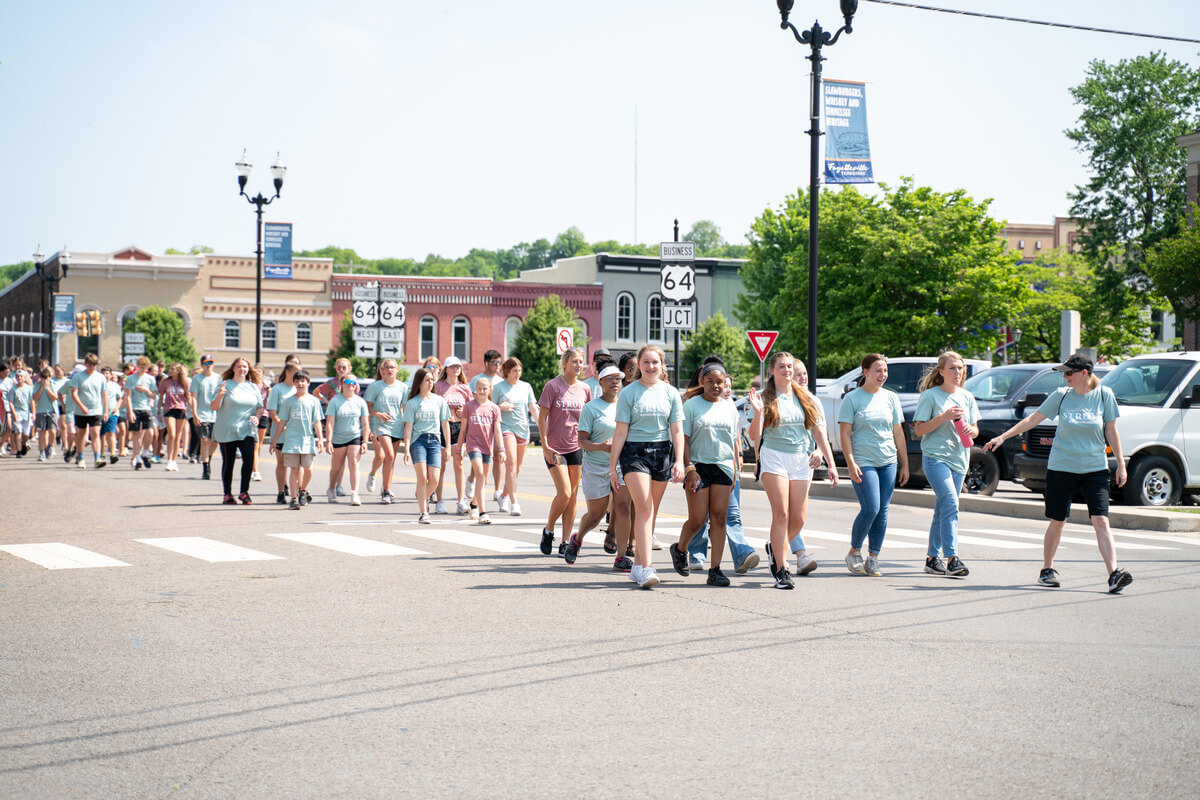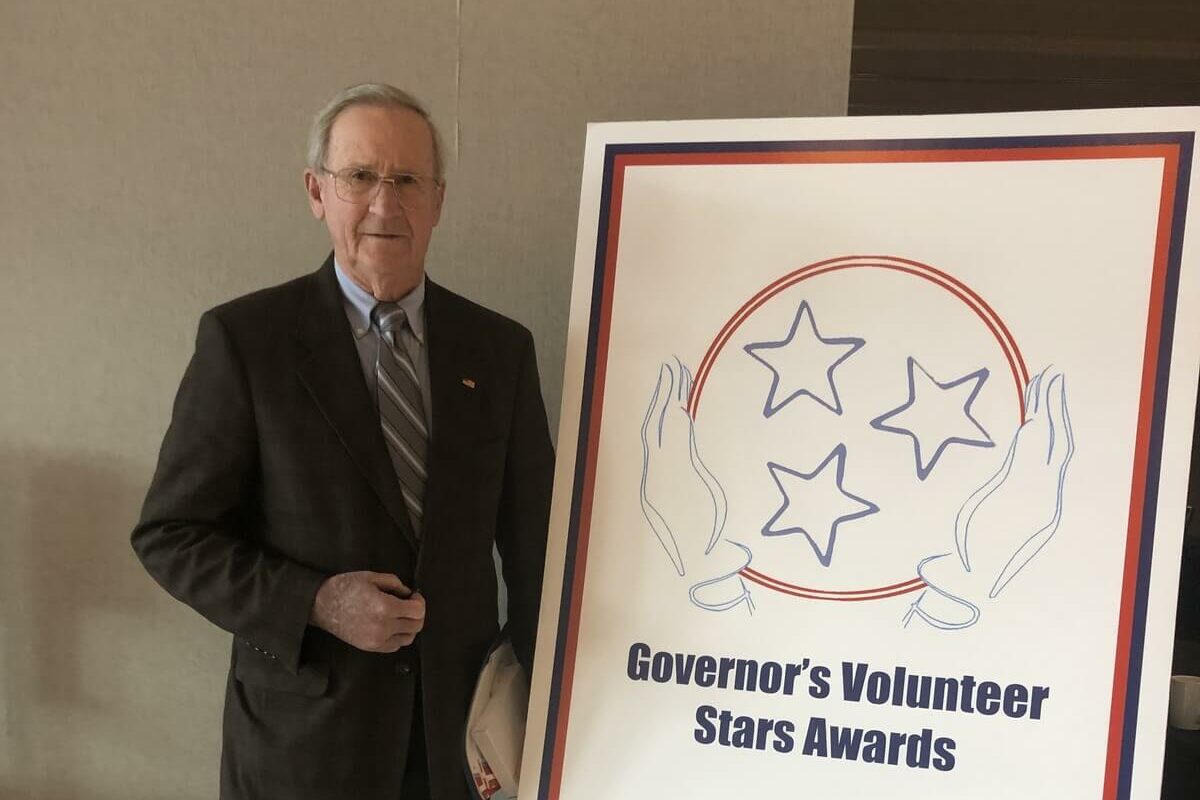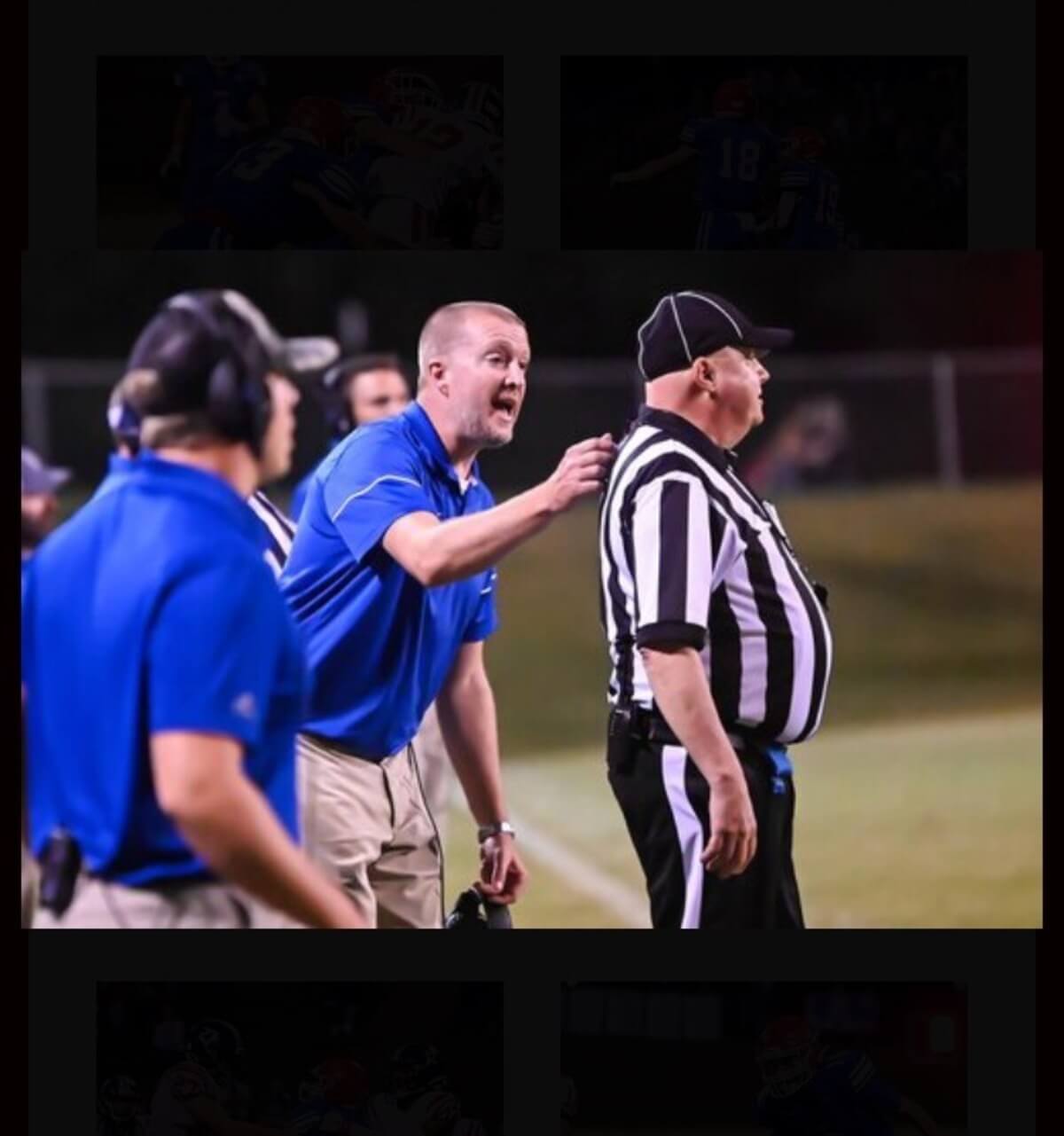IT’S A time of transition, celebration, and, for many, uncertainty. They hang their caps and gowns in the back of their closets, their tassels on their rearview mirror, and their hopes and dreams on their next forward steps. For many graduates, an unchaperoned week at the beach with friends creates memories and writes the last lines of a chapter in their lives in the sand. Reality waits at home with local jobs or college plans that may take them away from their small-town roots. Some will return, making Lincoln County their home; others will return for holidays and special occasions.
Scott Whitworth understood the options.
“I was tired of going to school. Growing up, I heard a lot of stories about Adm. Frank Kelso, and you could just tell that the people of Fayetteville were so proud of him. I did a lot of research about the U.S. Navy and decided that I wanted to join as soon as I graduated [from] Lincoln County High School. One week after graduation in 1991, I left for boot camp in Great Lakes, Illinois,” Whitworth shared.
Whitworth began as an aviation mechanic, enjoyed three years as a member of the Naval Flight Demonstration Team “Blue Angels,” and was an aircraft maintenance instructor before returning to the classroom. He obtained degrees from Troy State University, the Military College of South Carolina (“The Citadel”), and the Naval Postgraduate School. Throughout his 32-year career, Whitworth advanced from his earliest position to his recent commission as captain.
His service includes time aboard some of the Navy’s most remarkable vessels, which include Nimitz-class nuclear-powered aircraft carriers, Oliver Hazard Perry-class guided missile frigates, and Cyclone-class patrol ships, including:
USS Dwight D. Eisenhower (CVN69)
USS George Washington (CVN73)
USS Robert G. Bradley
USS KLAKRING (FFG42)
USS Squall (PC)
USS Hurricane (PC)
USS Whirlwind (PC)
USS Typhoon (PC)
USS Chinook (PC)
USS Sioux City (LCS11)

He and the crews maintained the Iraq “no-fly zone,” countered illicit drug trafficking, conducted hurricane relief assistance, combatted pirate threats against container ships in the Red Sea, and kept Iranian ships at bay if they tried to attack or disrupt shipping in the Middle East. Whitworth also served during the War on Terror in Iraq and Afghanistan.
His service includes nearly two years as director of integration, verification, and testing of integrated air and missile defense in Stuttgart, Germany, the U.S. European Command headquarters.
“Although we only got 22 months in Germany, the family and I were able to travel to 17 different countries and enjoy everything Europe has to offer. There are some beautiful countries out there, and I encourage you to see and visit as many as you can, but in my opinion, the best country in the world remains the United States of America. We may have our faults, and we may have our issues, but I truly believe anyone can make themselves whatever they want to be in this great country; it is the land of opportunity.”
Not long after, Whitworth deployed aboard the USS Sioux City and commanded the first trans-Atlantic passage for this type of ship.
Recently promoted to captain, he expects to command a larger ship or a squadron of ships in his next assignment.

“I am humbled that the U.S. Navy has offered me these opportunities. I love this country, and the United States Navy has done more for me than I could ever do for it.”
Growing up in Fayetteville provided a solid start in life and an understanding of the value of family.
“I feel pretty lucky to have been raised in Fayetteville. Growing up, and even when I return to visit, I’m always impressed that people always ask about my family and share with me what they mean to them. You just don’t see that in this day and age. As I’ve gotten older and more of my older family members have started to pass away, it makes me realize how much I value my remaining family members.”
Whitworth’s idea of a hero is no longer that of the outstanding athletes he admired as a child and young adult.
“To me, a hero is someone willing to sacrifice their life to protect those who cannot defend themselves, such as military personnel, police officers, or firefighters. A hero also embodies the hardworking parent who tirelessly provides for their children, doing whatever it takes to ensure their well-being. Ultimately, a hero is someone who believes in the value of our nation as a beacon of hope and is ready to fight for and defend it at all costs.”
The military, he said, is an excellent option for young people uncertain about their future choices.
“If they feel lost, stuck in a small town, or keep getting distracted and can’t reach their goals, they should consider joining the military. The military creates stability and teaches discipline. Although it may not pay that much, it can provide a secure life, and if you do it right, you can secure a life for your family as well.”
Sometimes, you have to leave home to see what was there all along with new eyes.
“Fayetteville truly is a special place — a place where people hold doors for one another, where saying goodbye may take longer than the actual visit, where you cannot walk 10 feet in town without bumping into someone you know, where people pull over on the side of the road when a funeral is taking place to show respect for the memory of someone, and where a handshake and your word are often good enough. I didn’t realize it then, but [that’s] not how the rest of the world operates. It’s sad, and why I feel lucky to be from a place like Fayetteville.” GN




